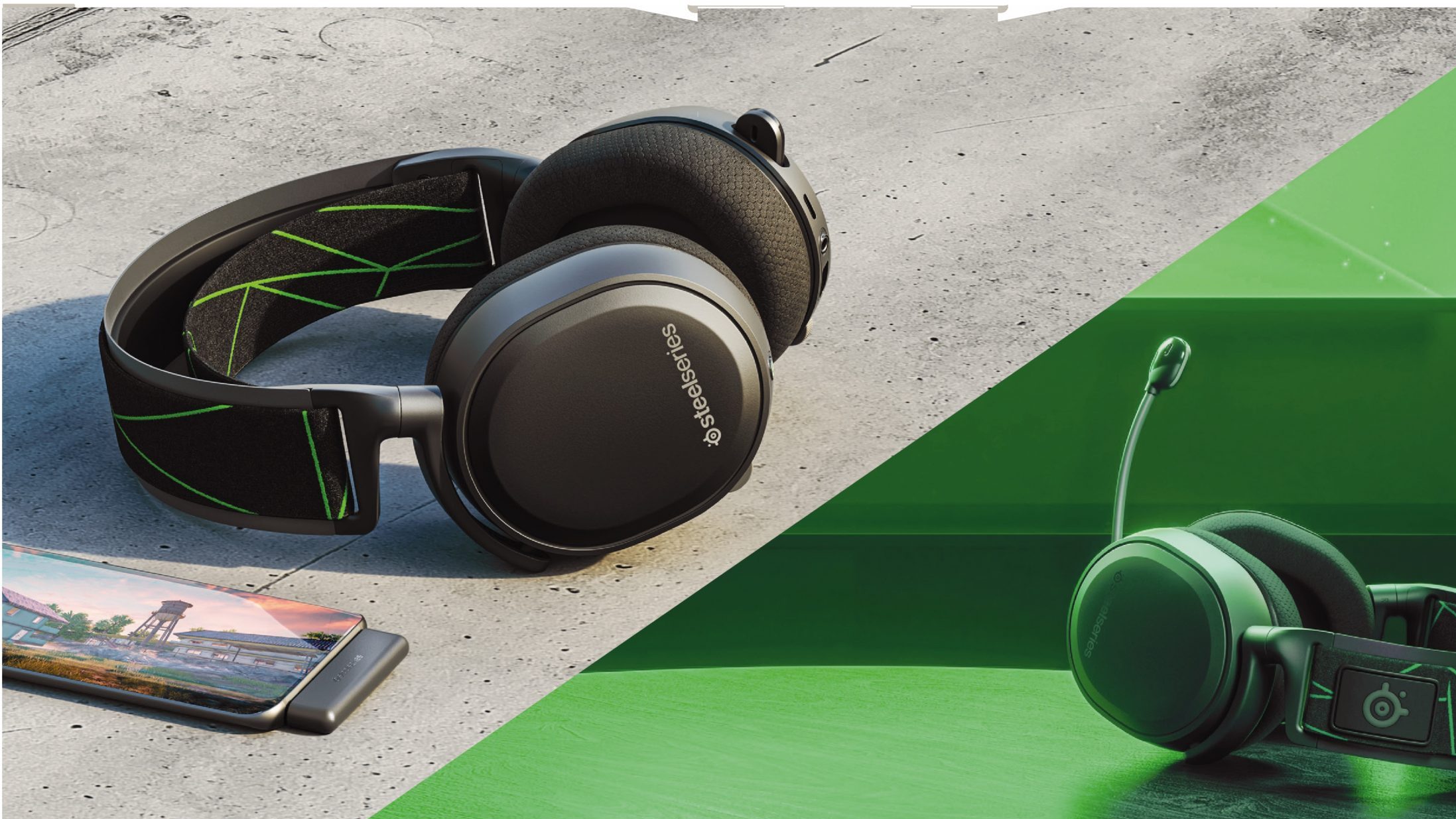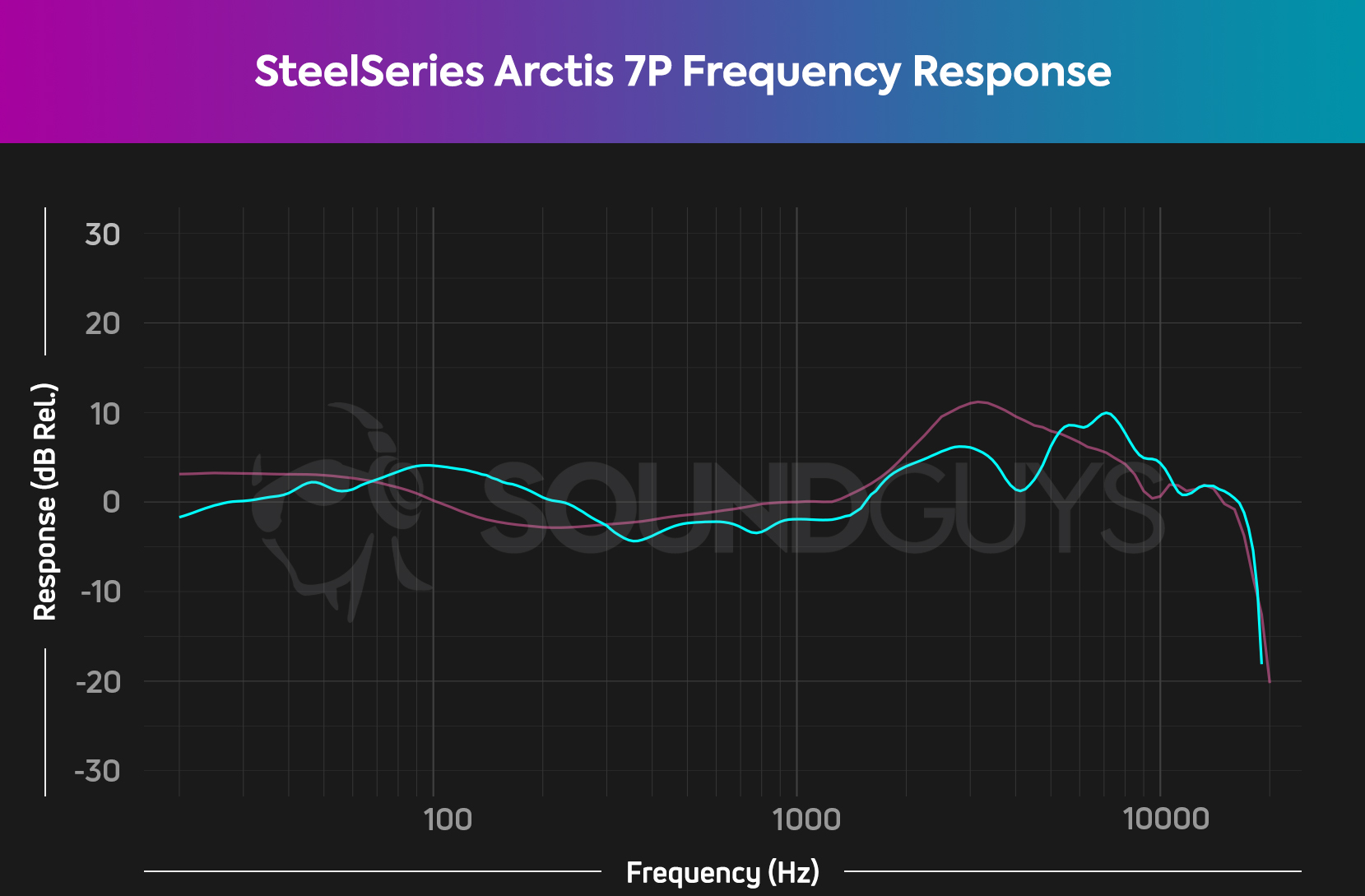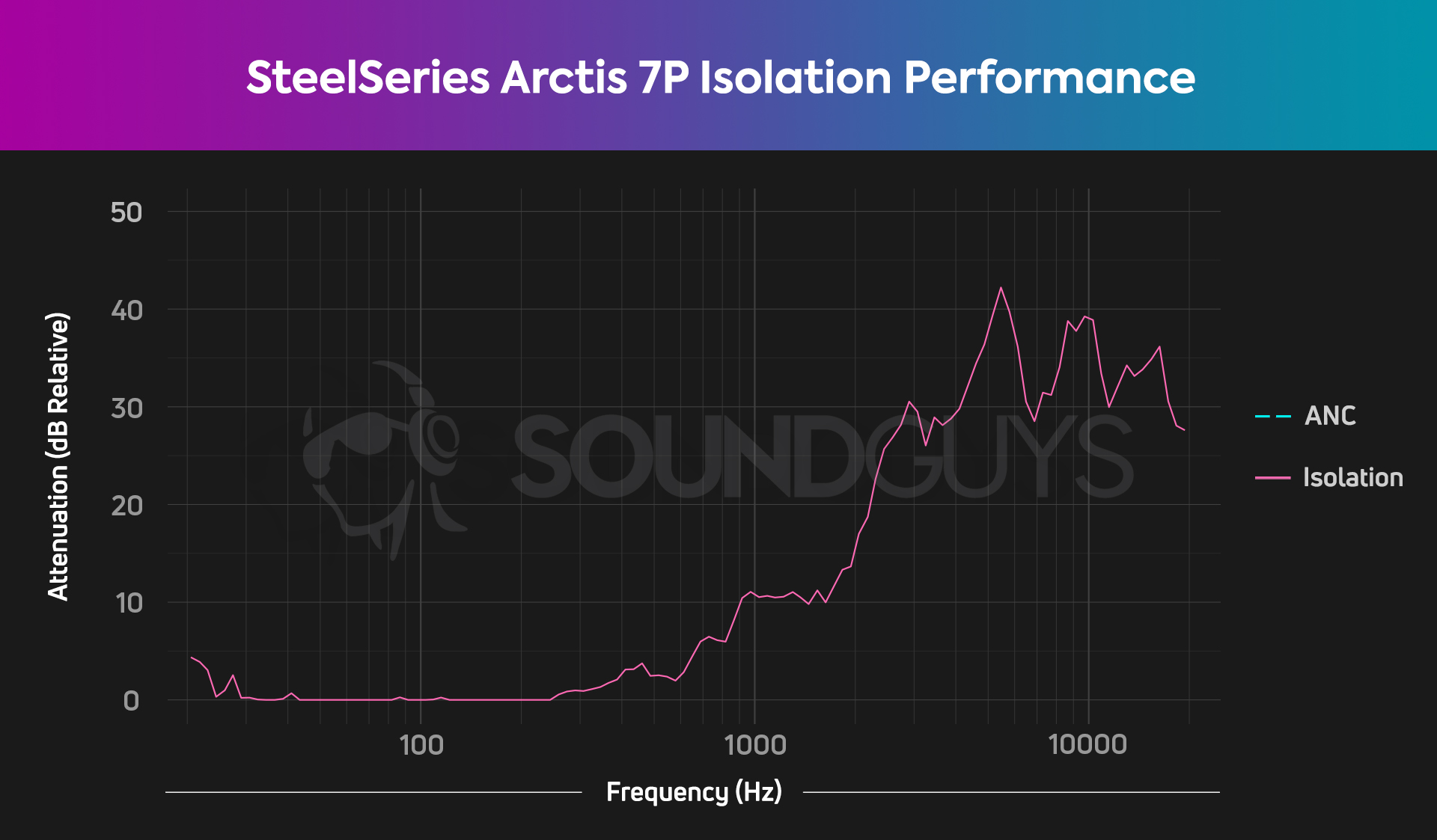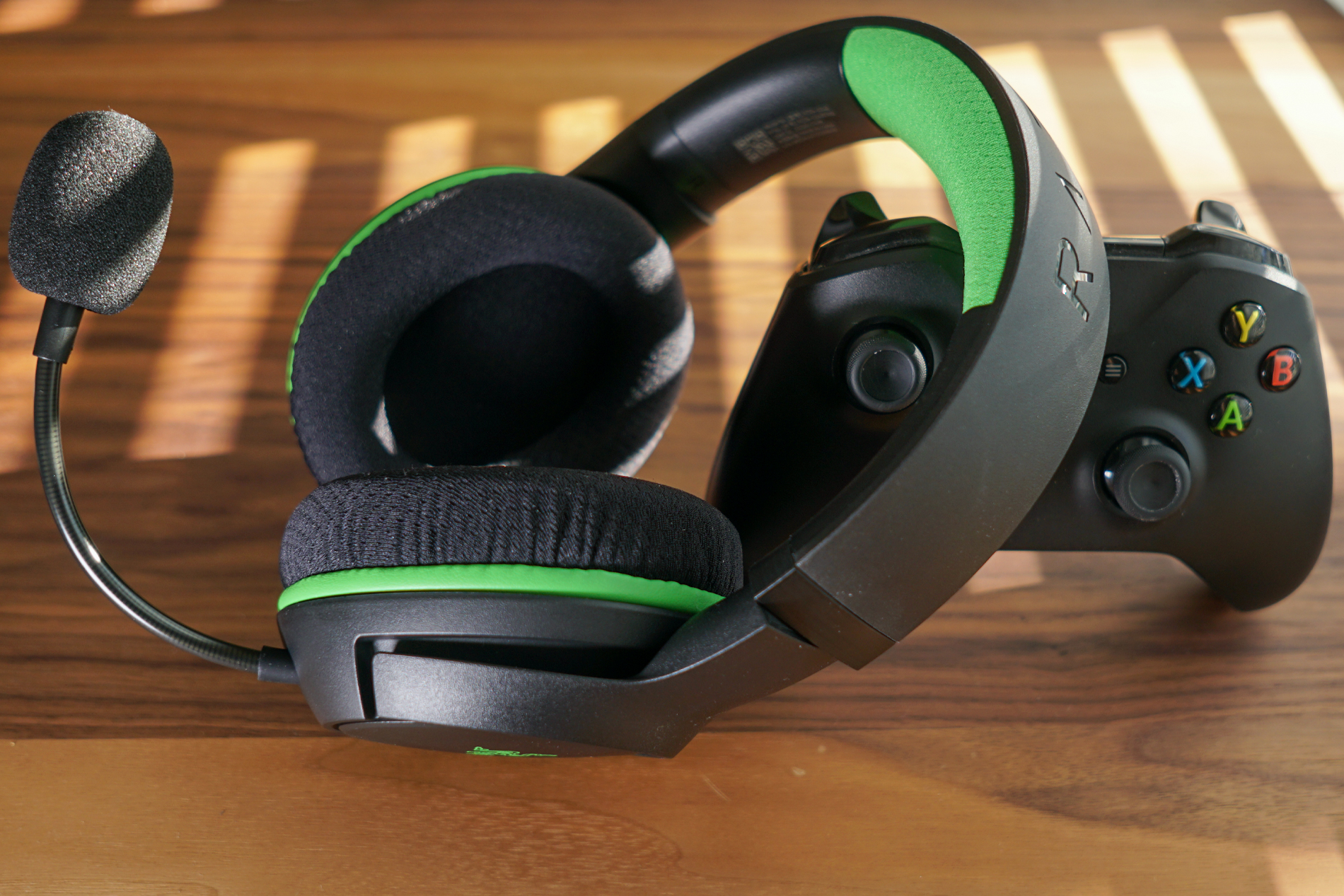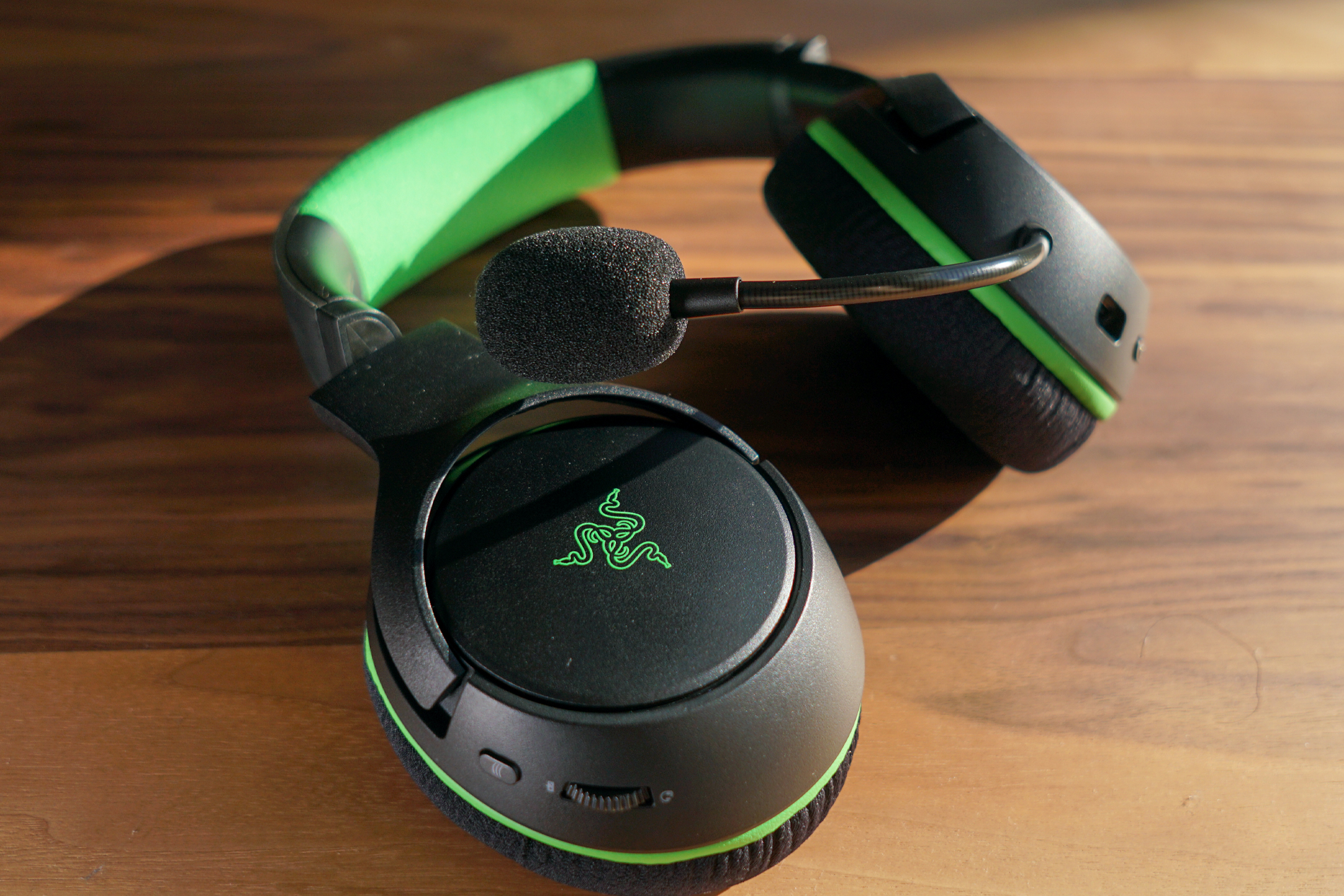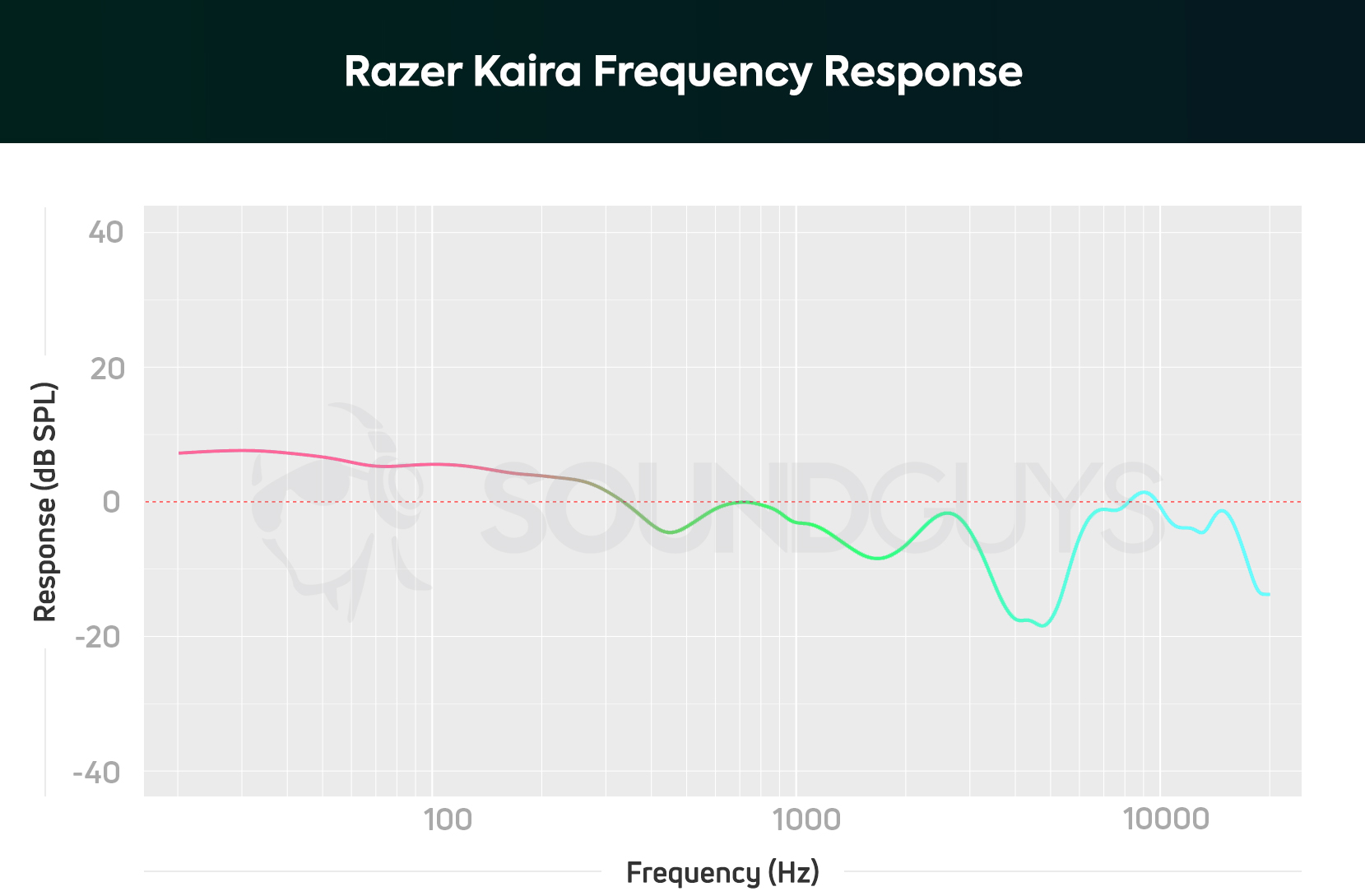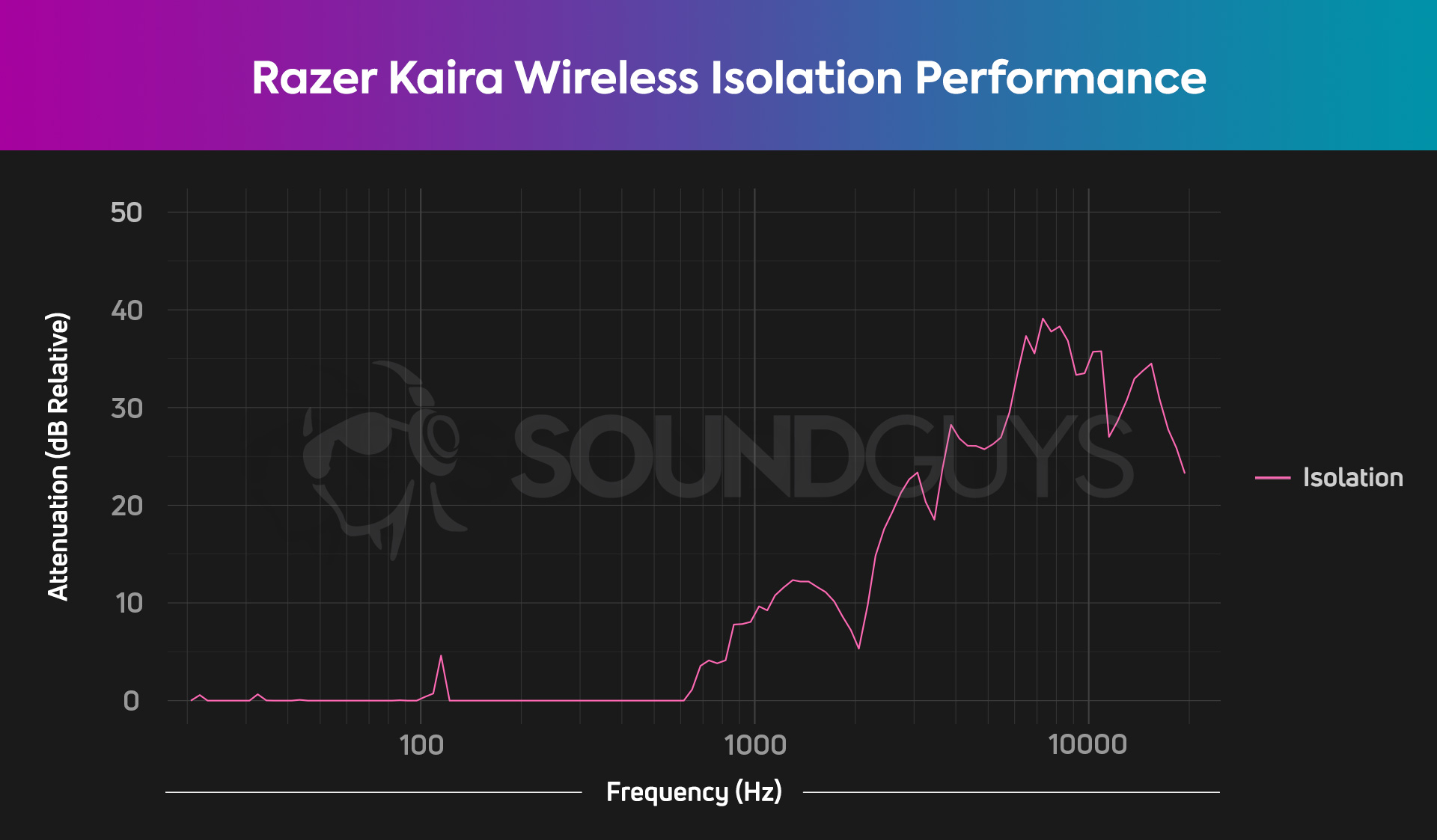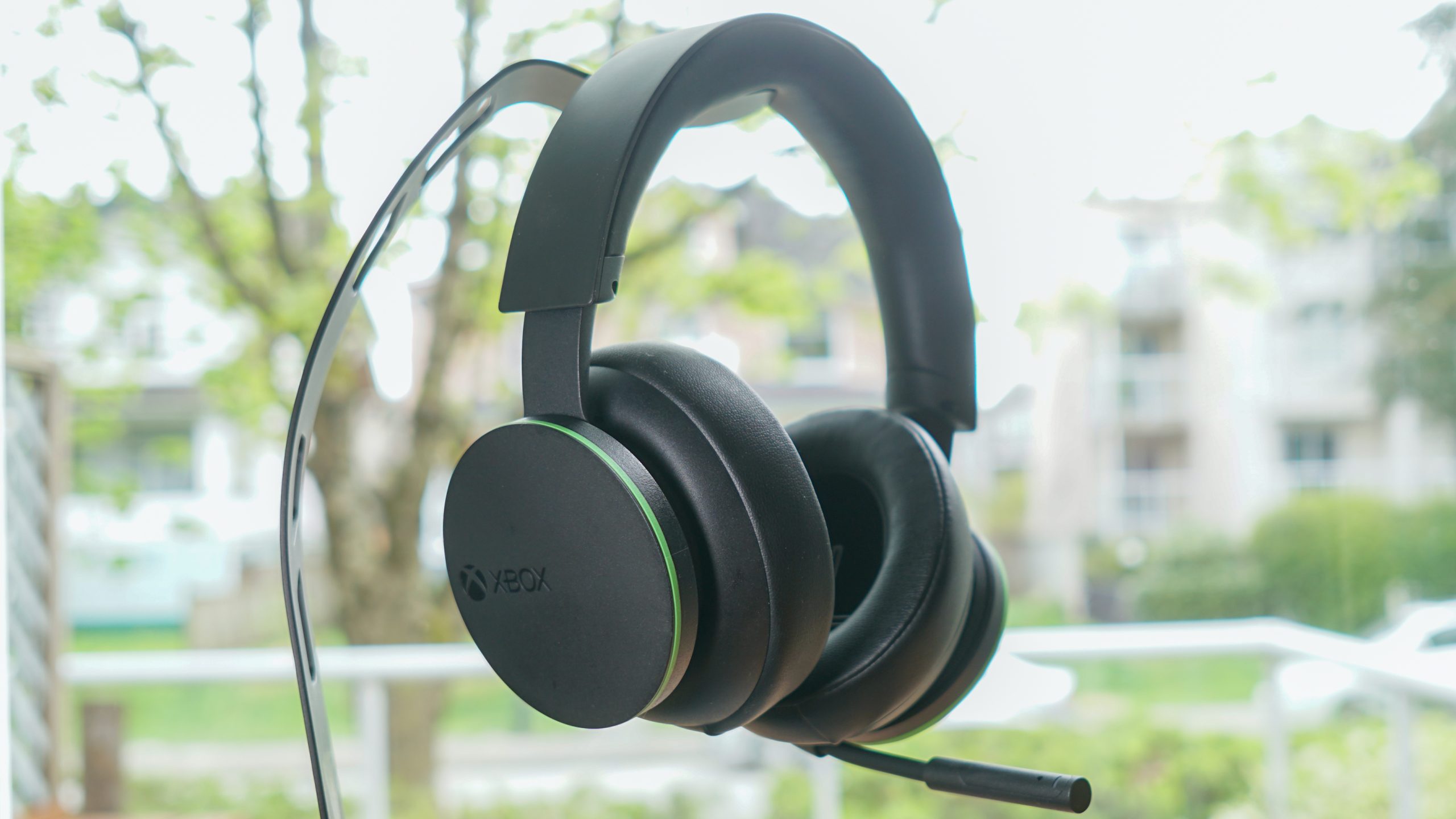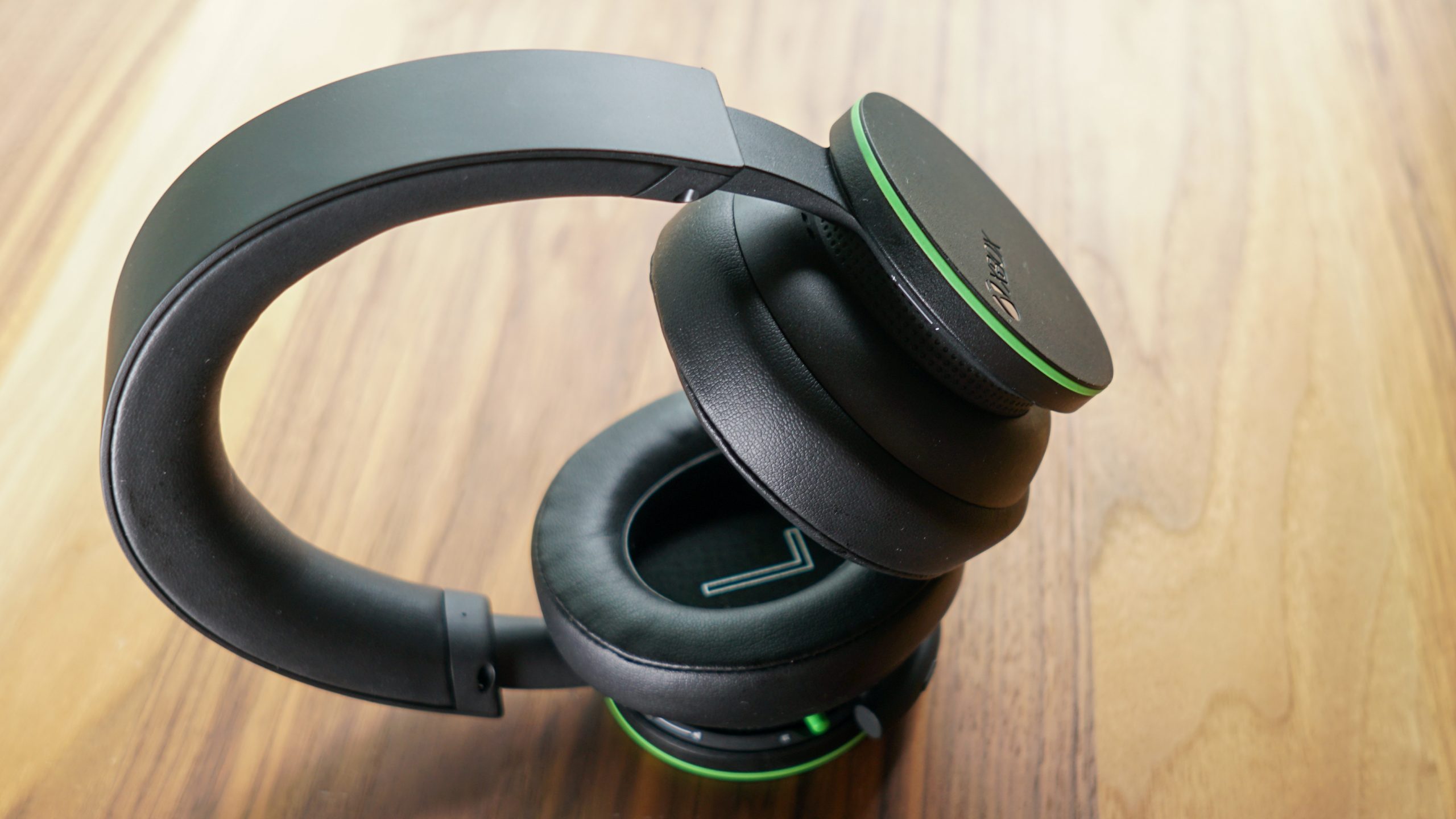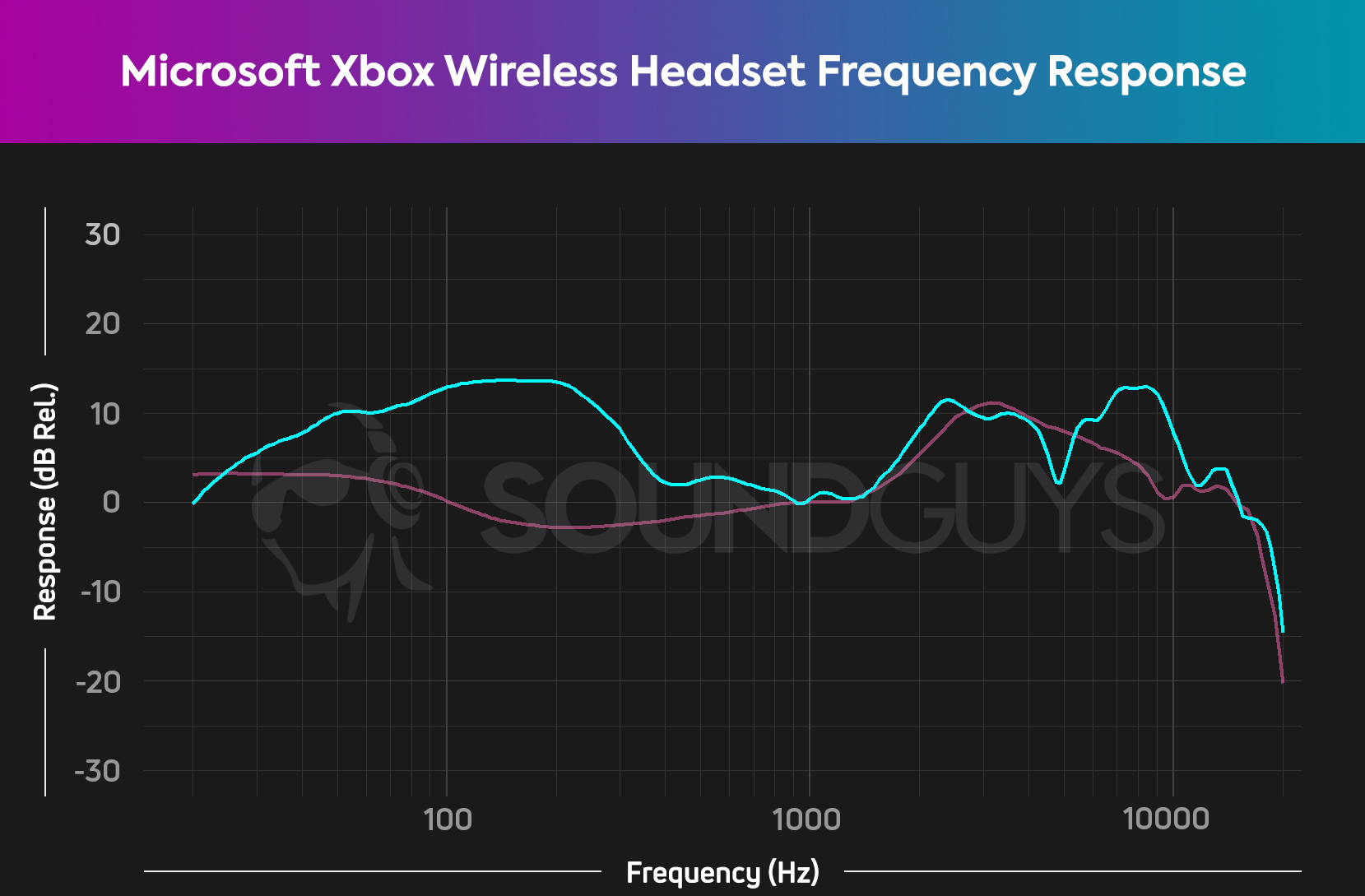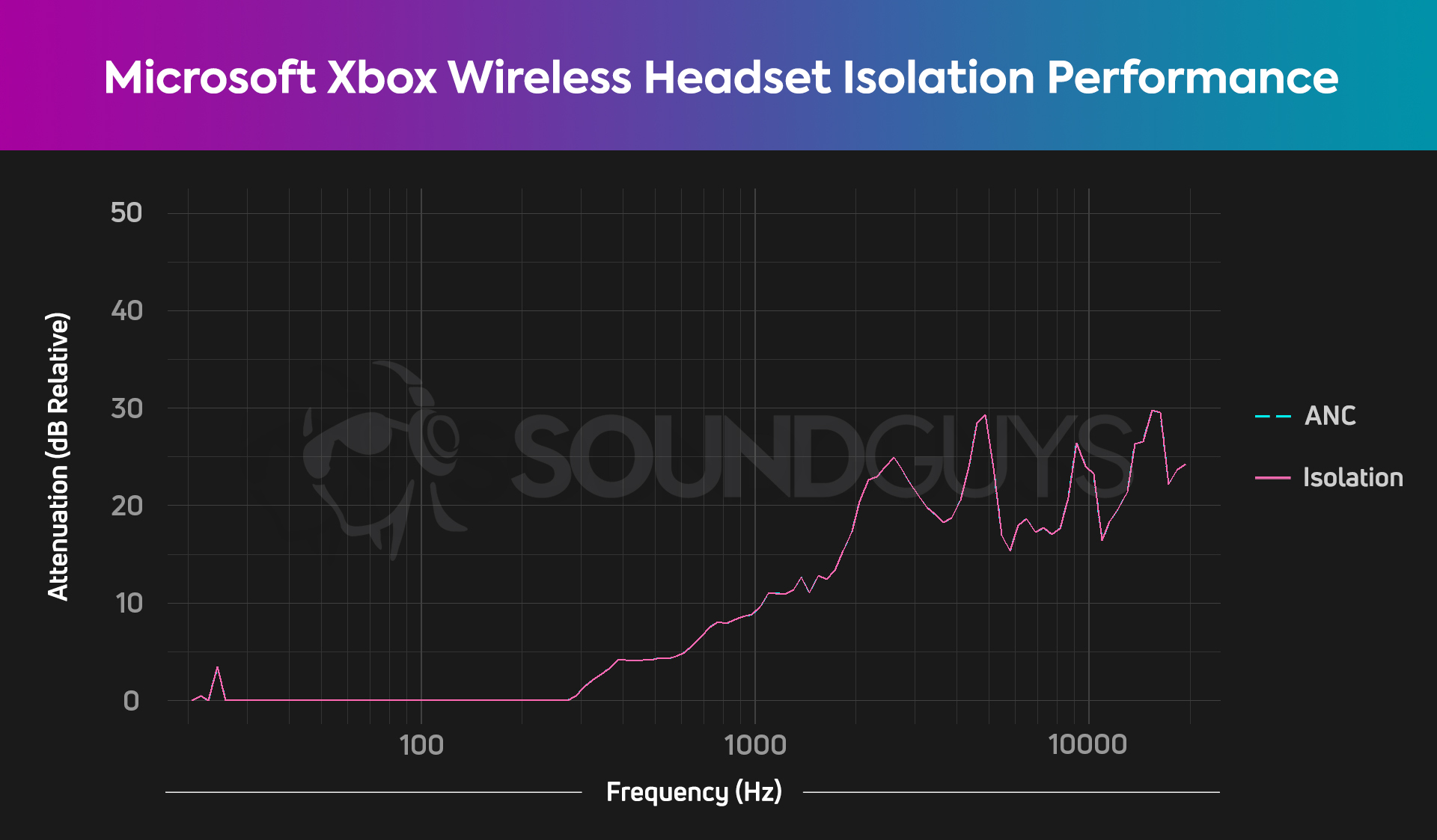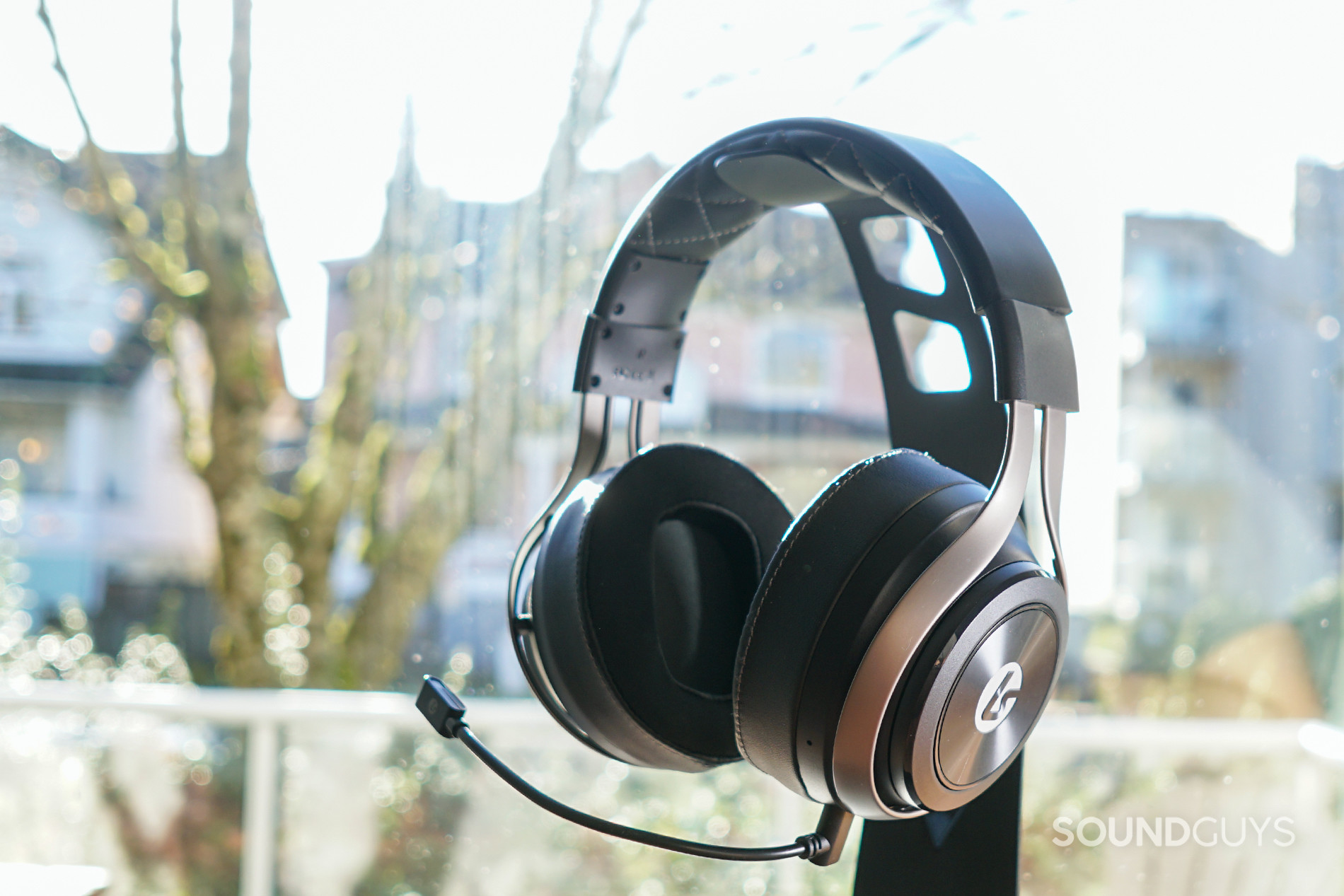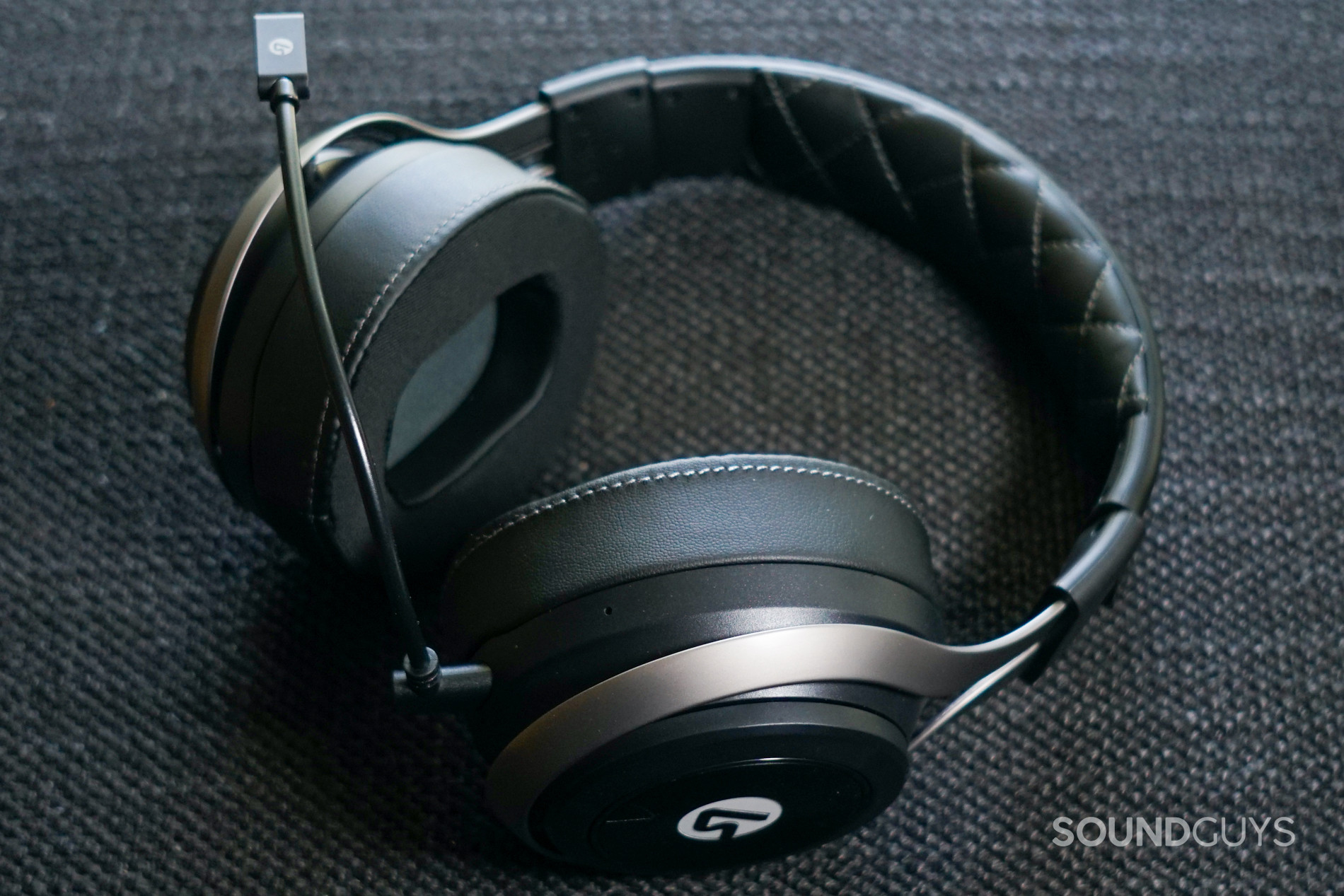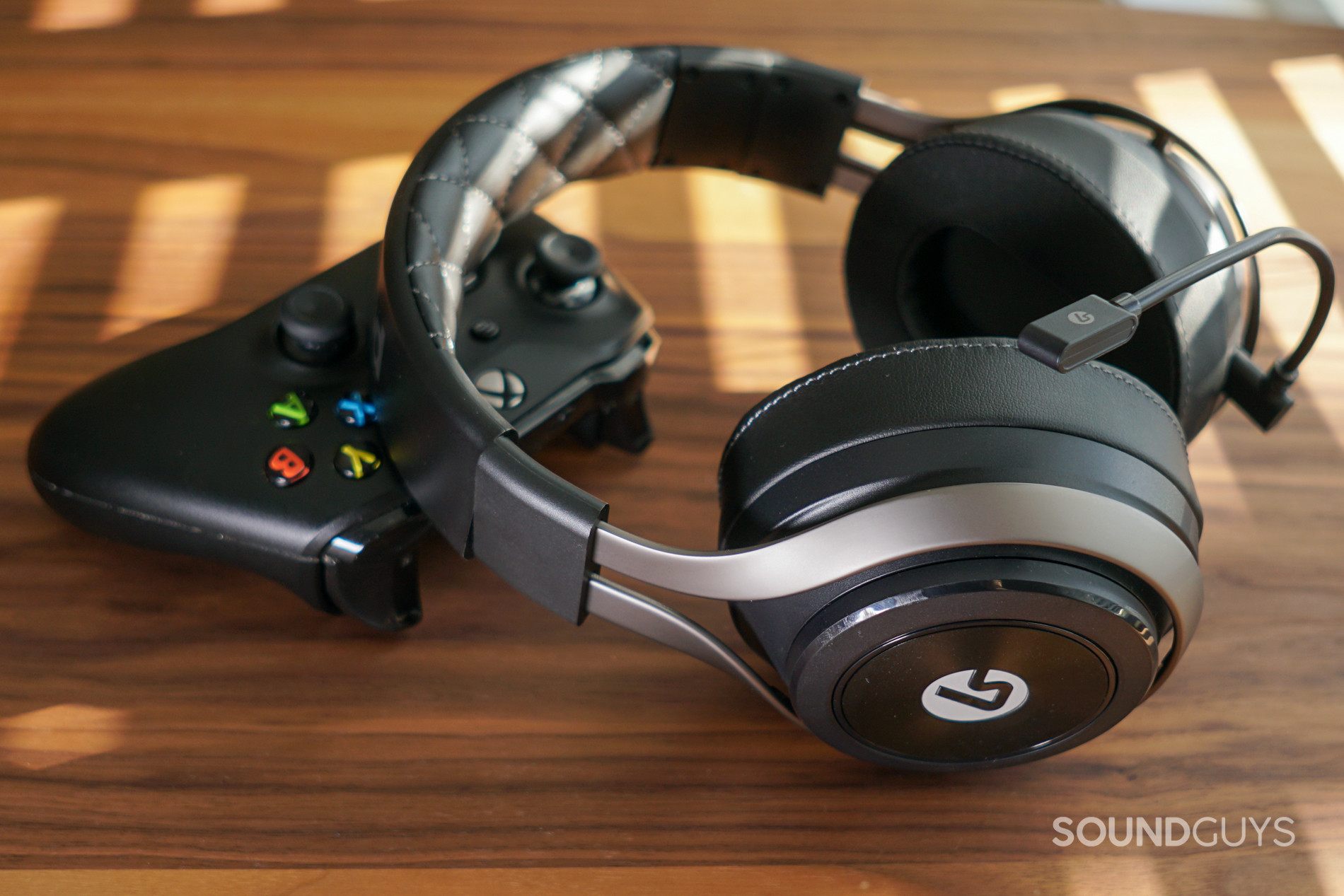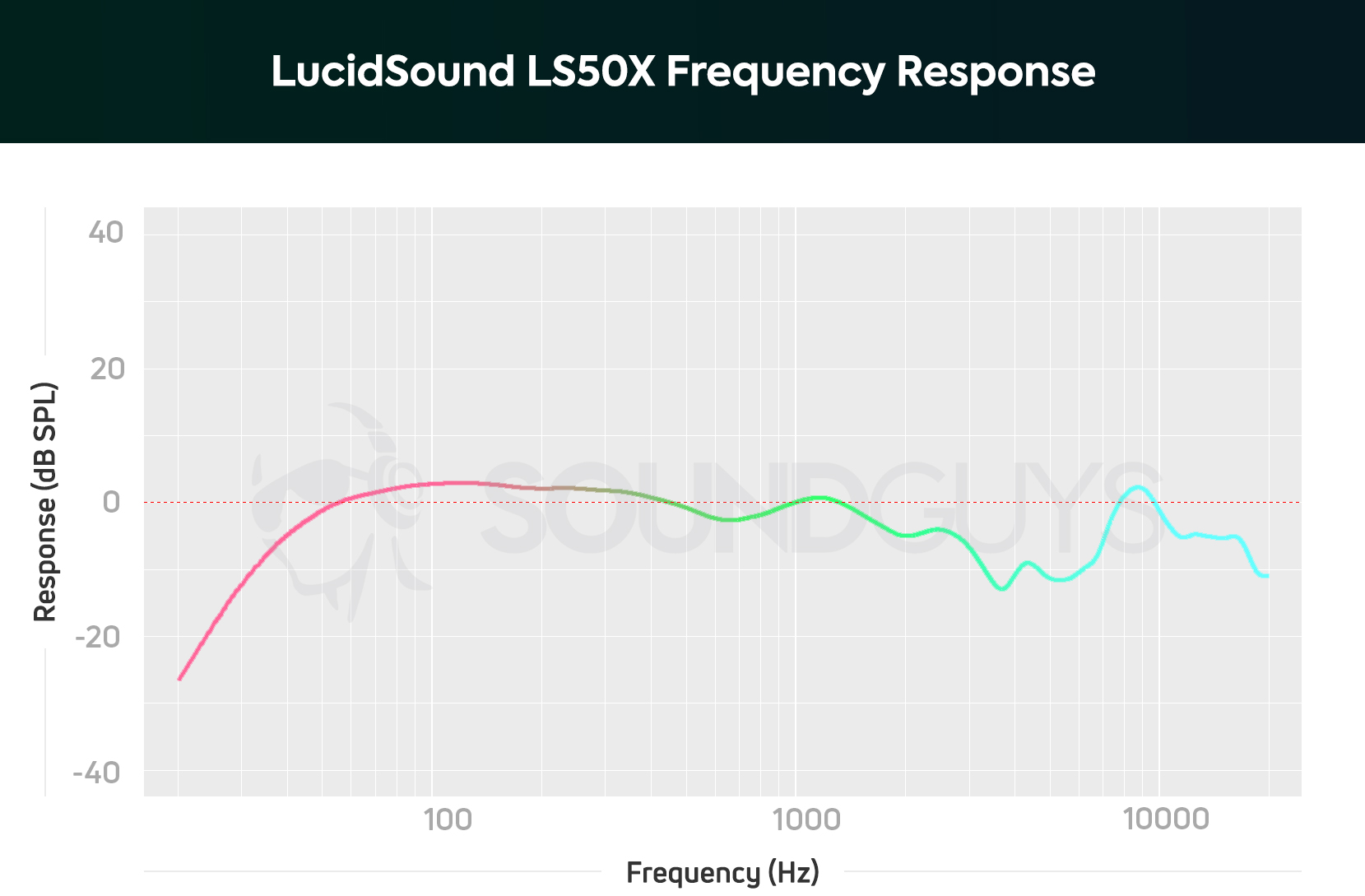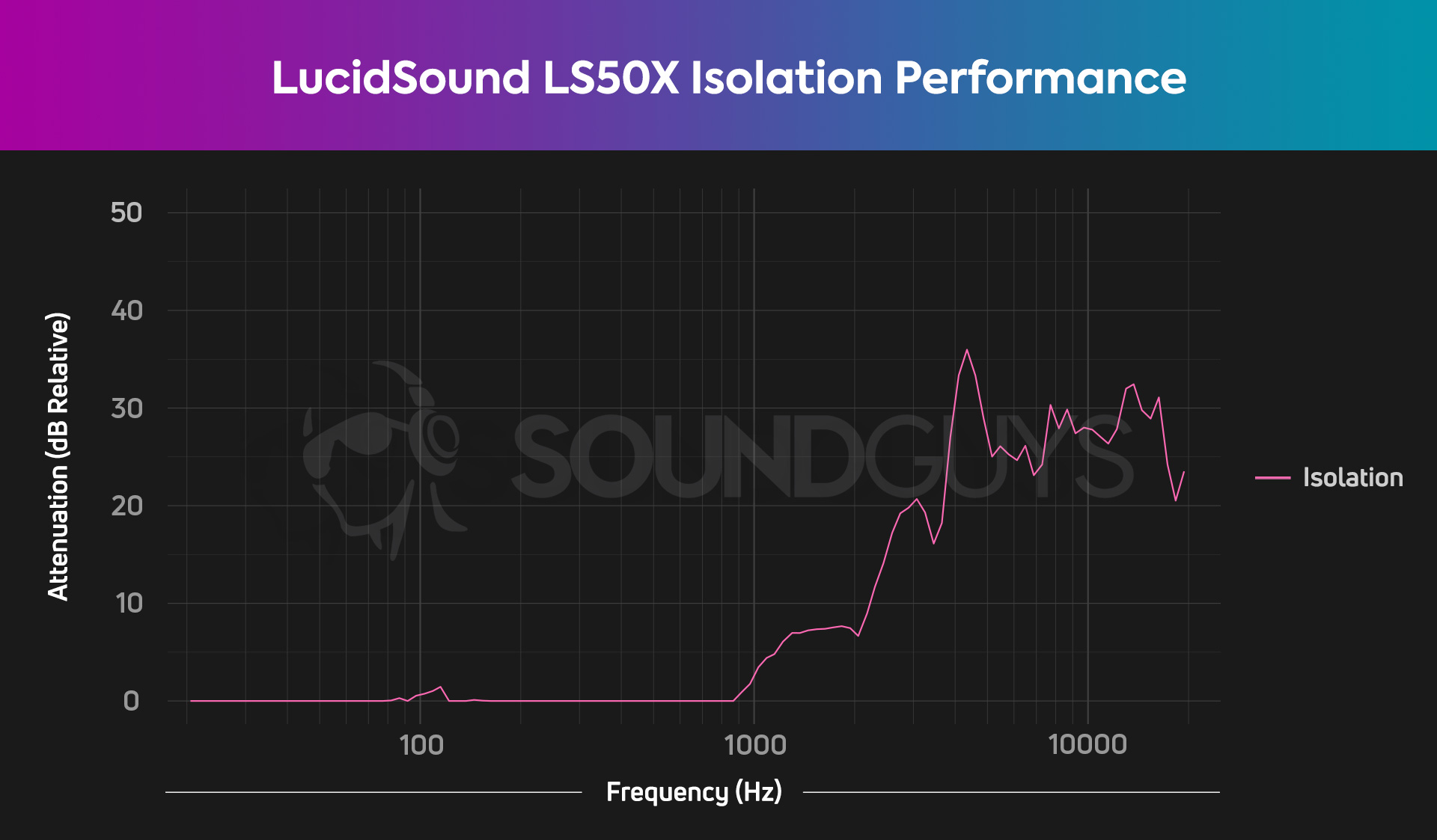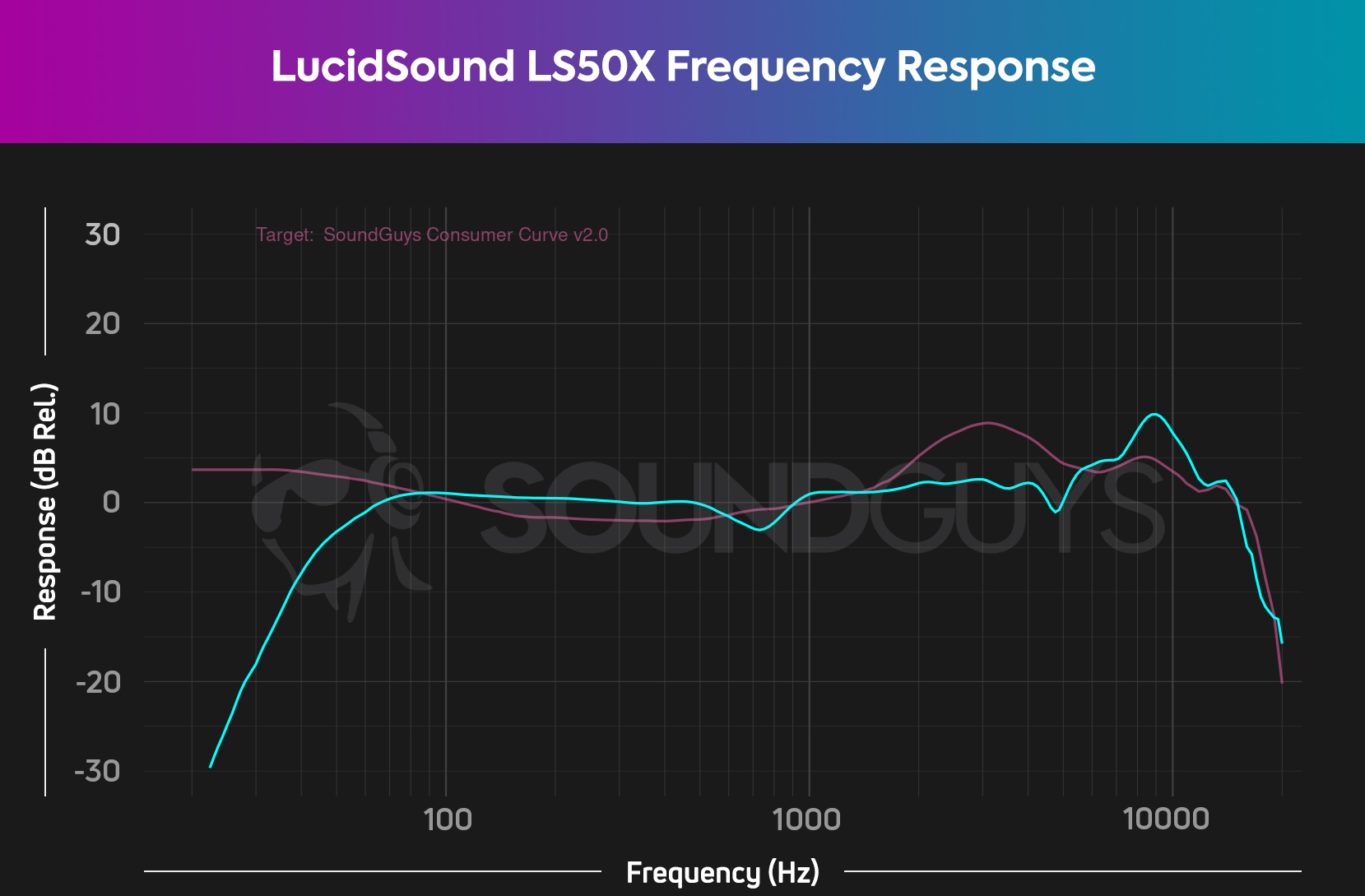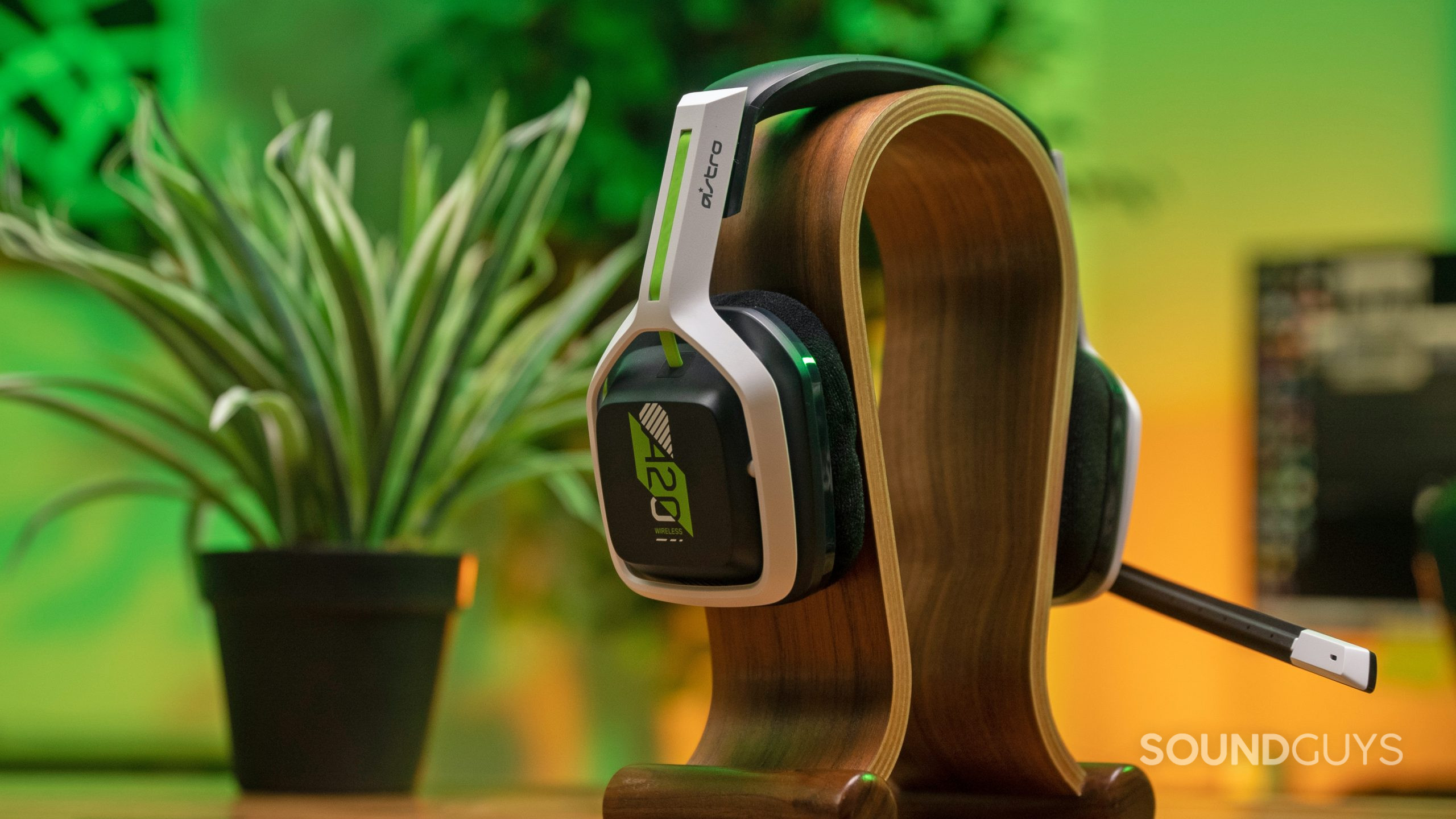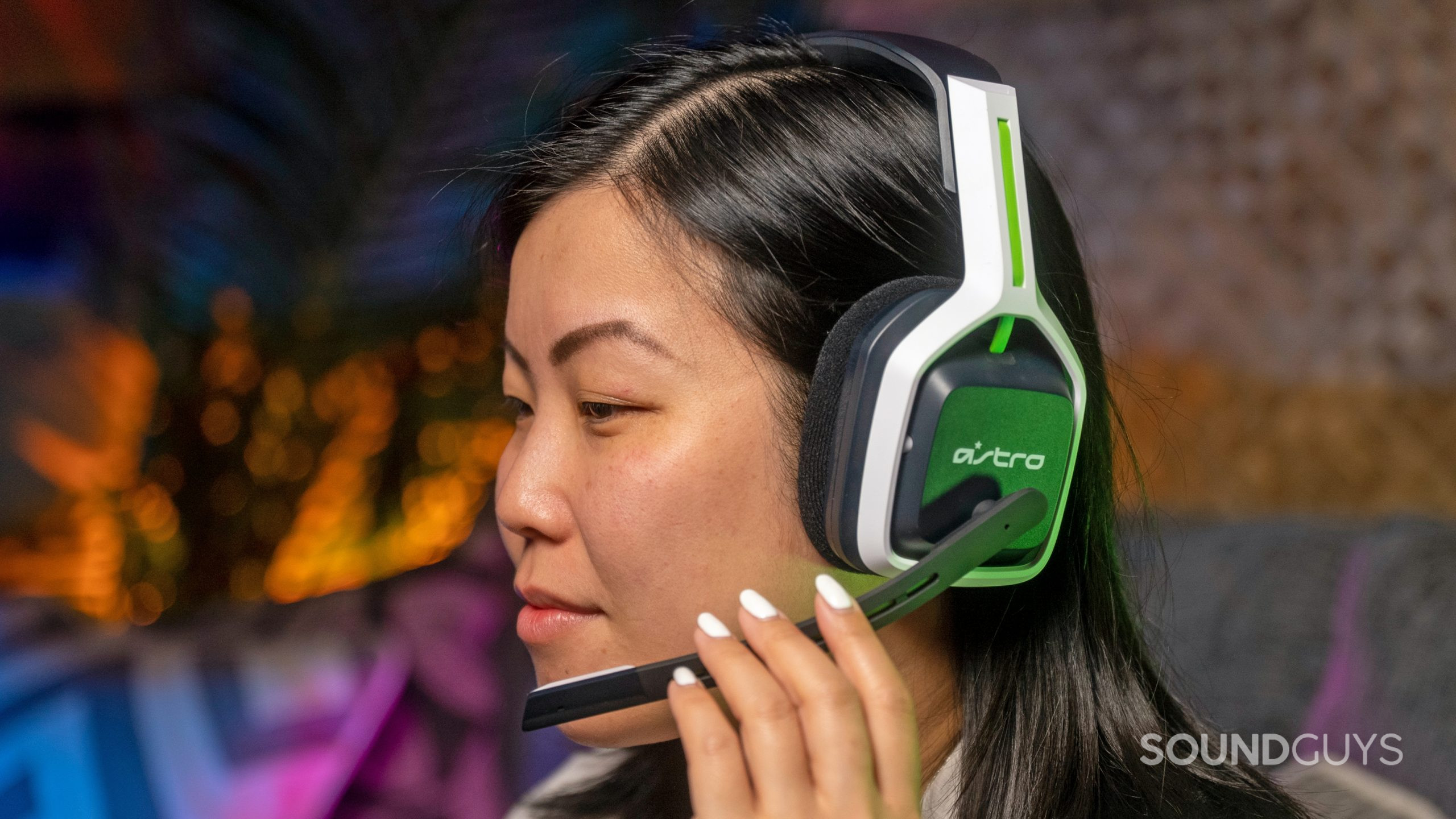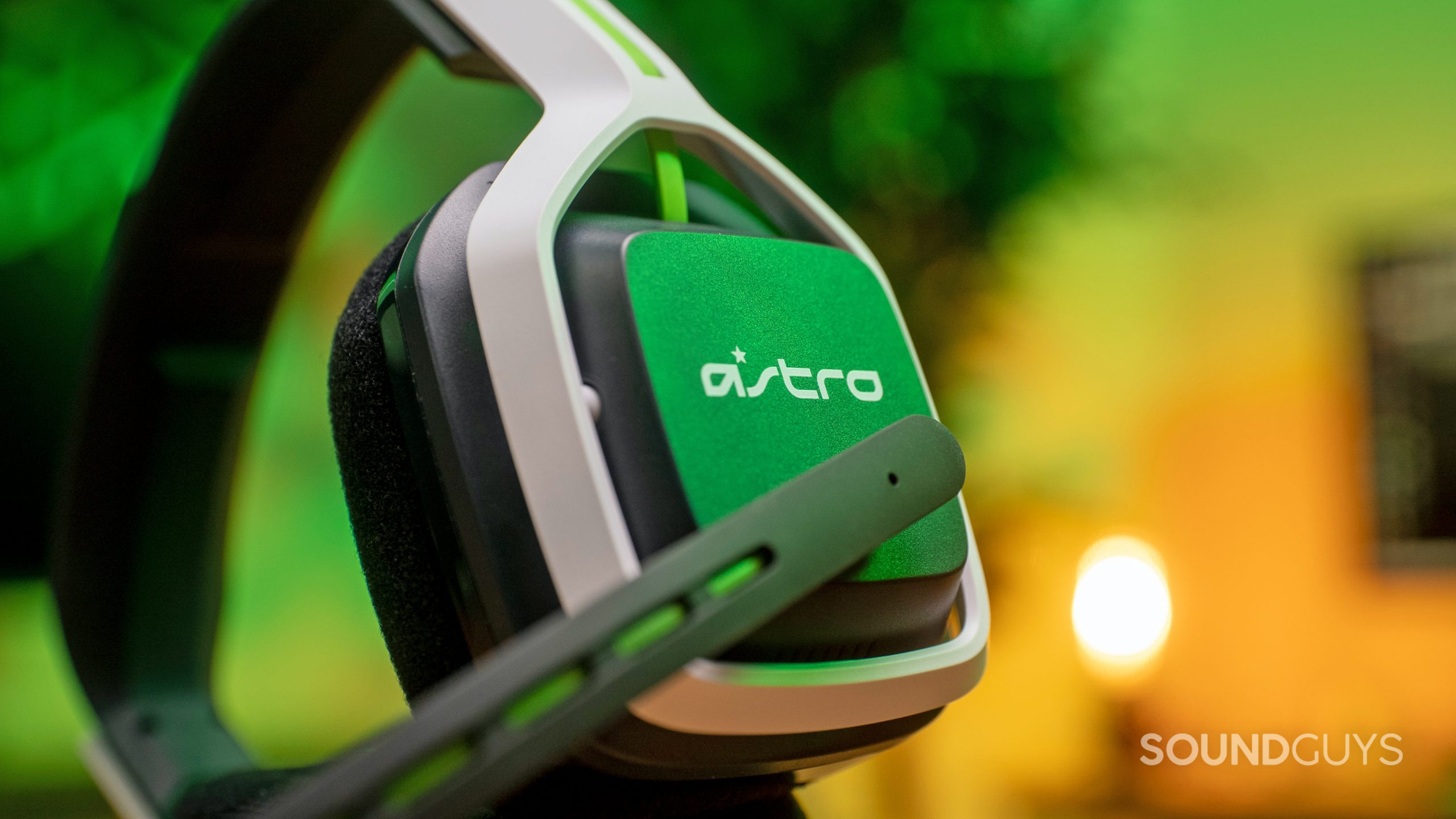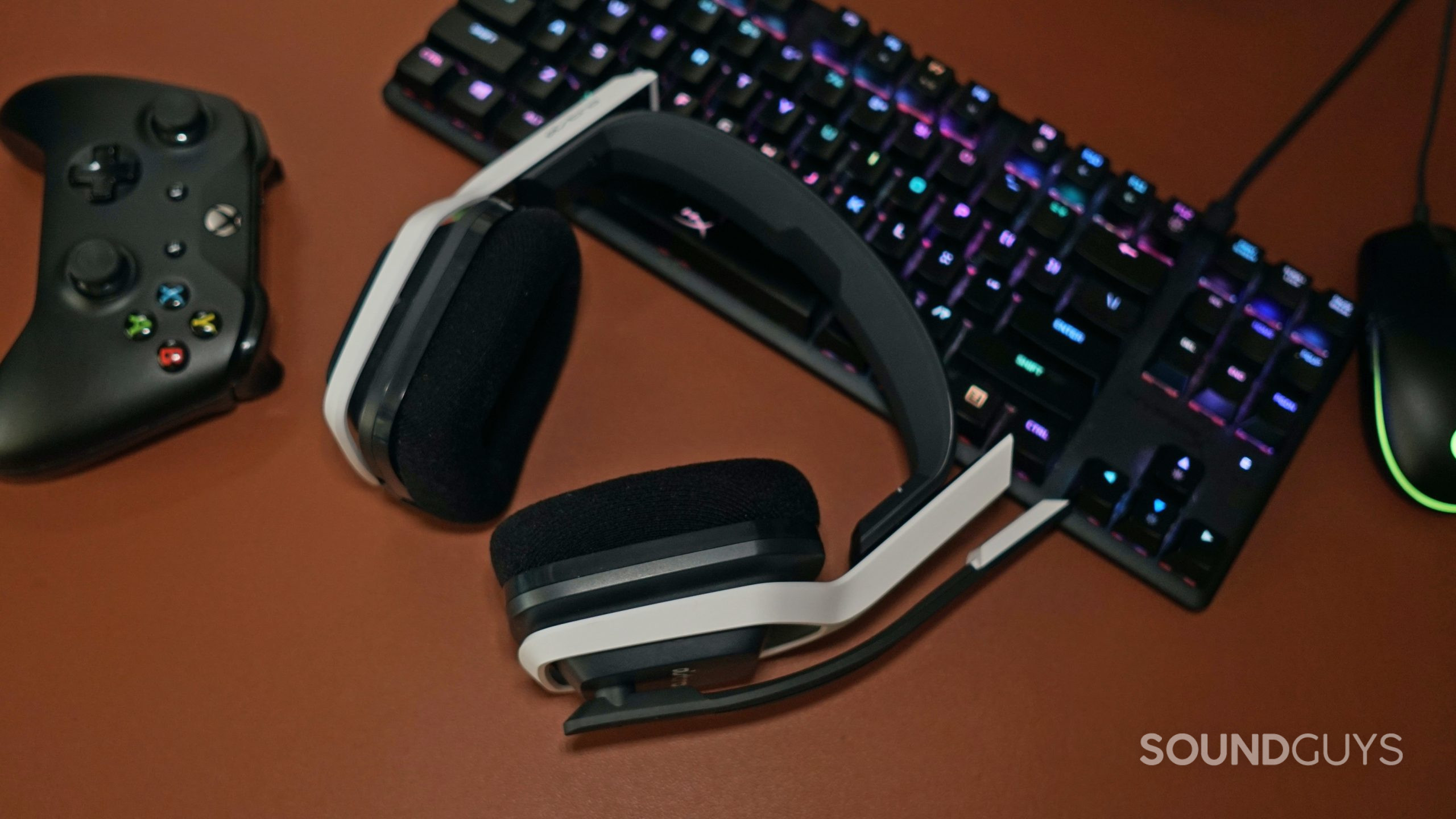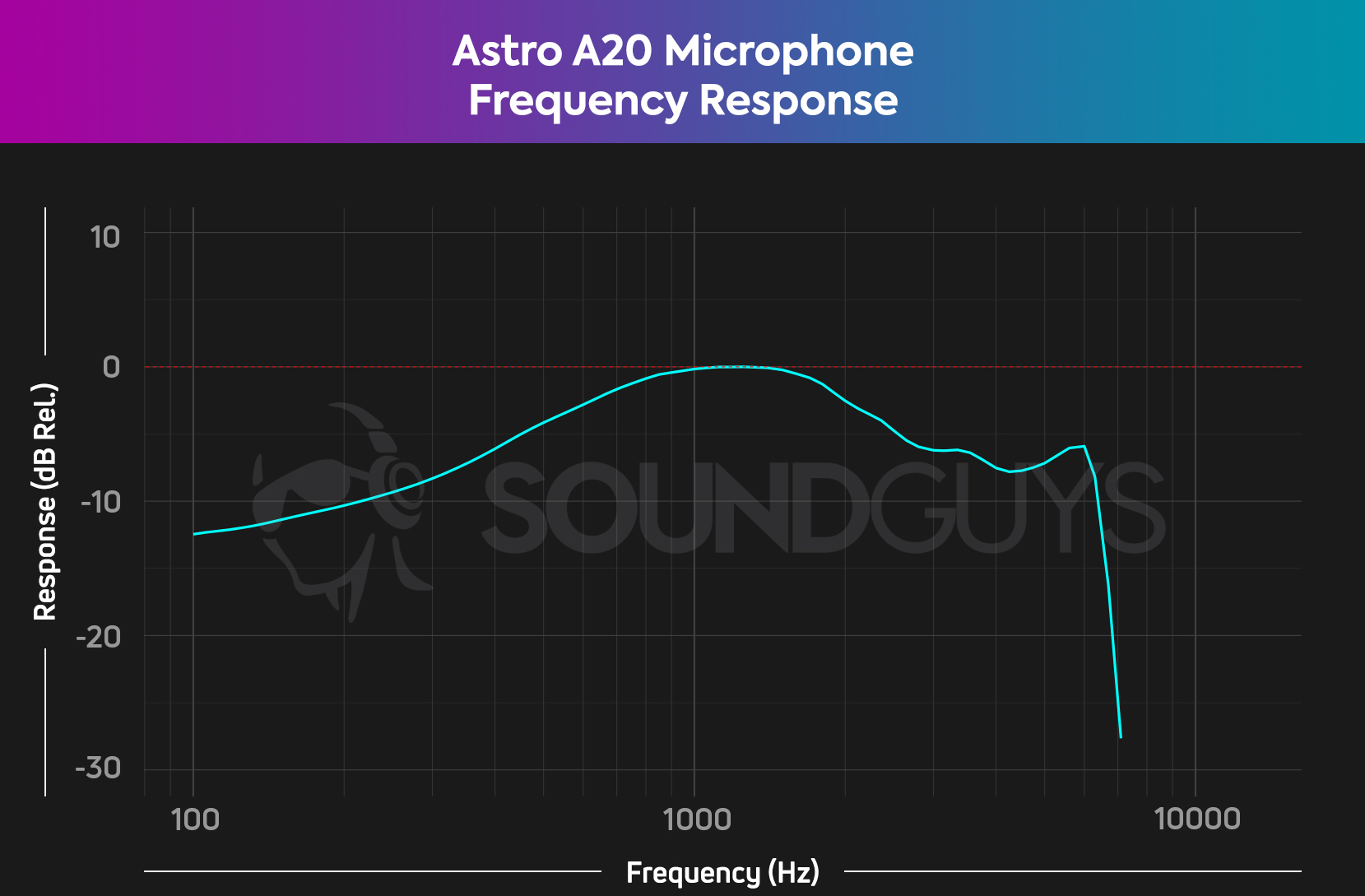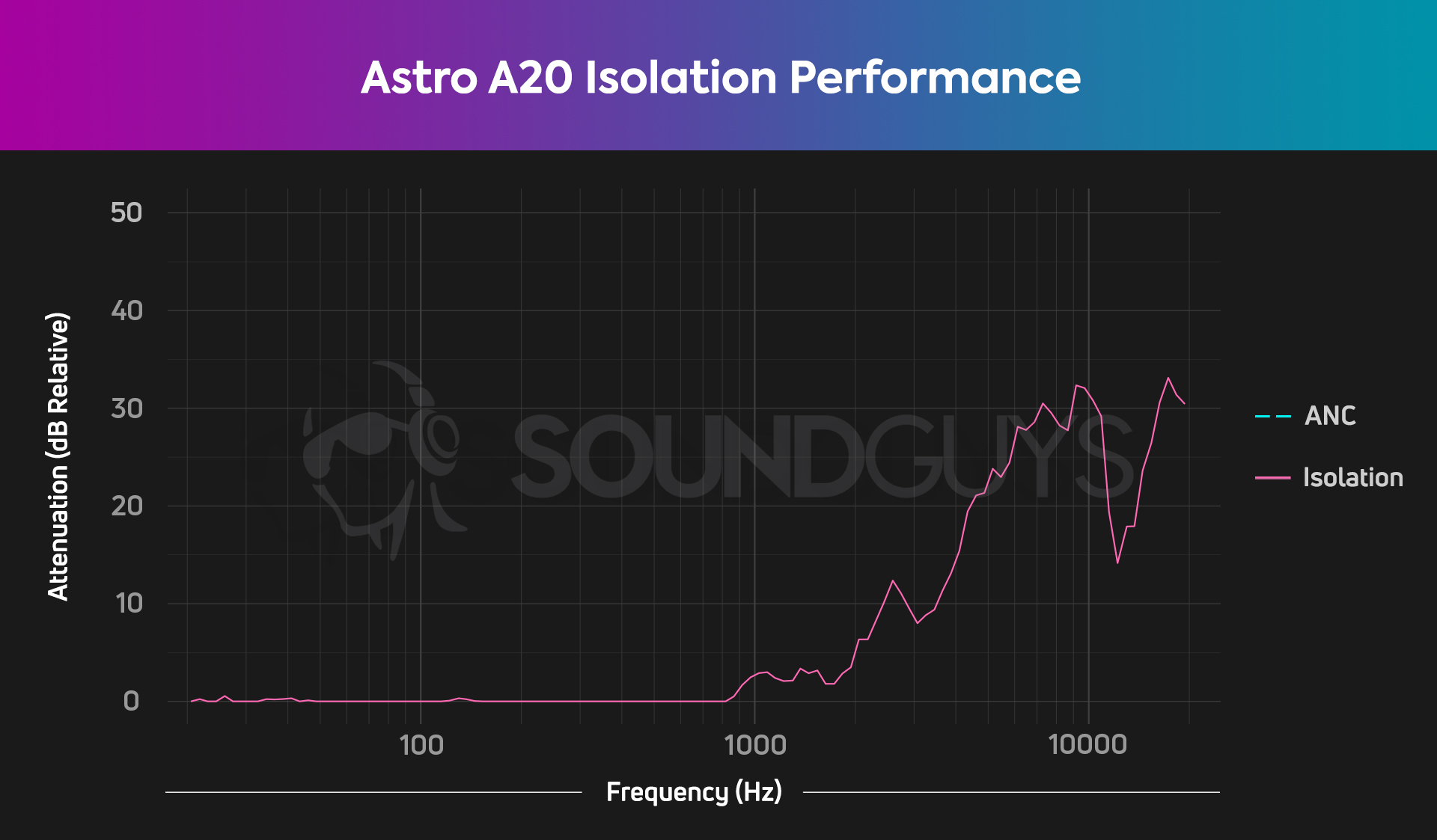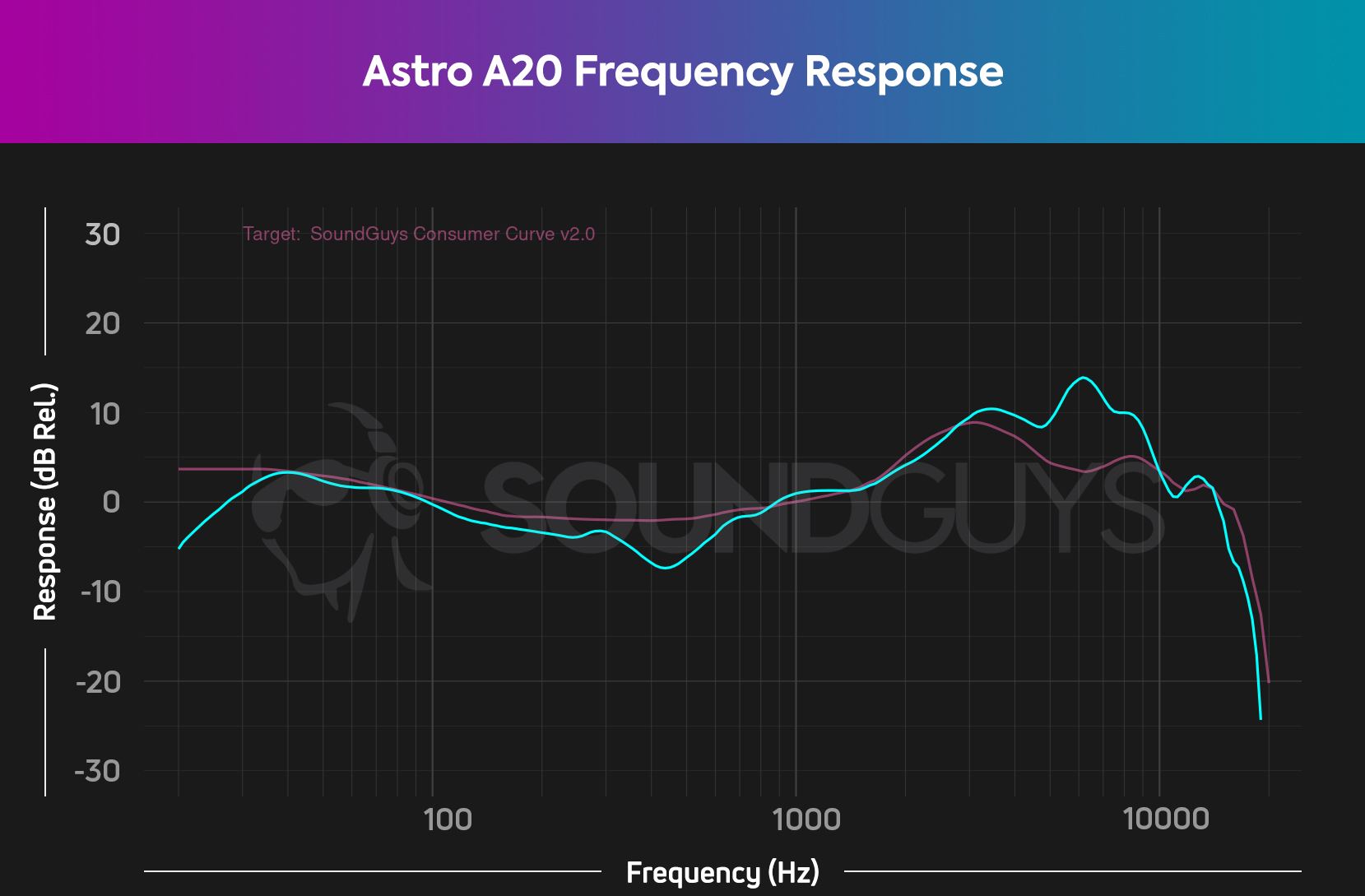All products featured are independently chosen by us. However, SoundGuys may receive a commission on orders placed through its retail links. See our ethics statement.
The best wireless Xbox Series X/S gaming headsets
May 10, 2022
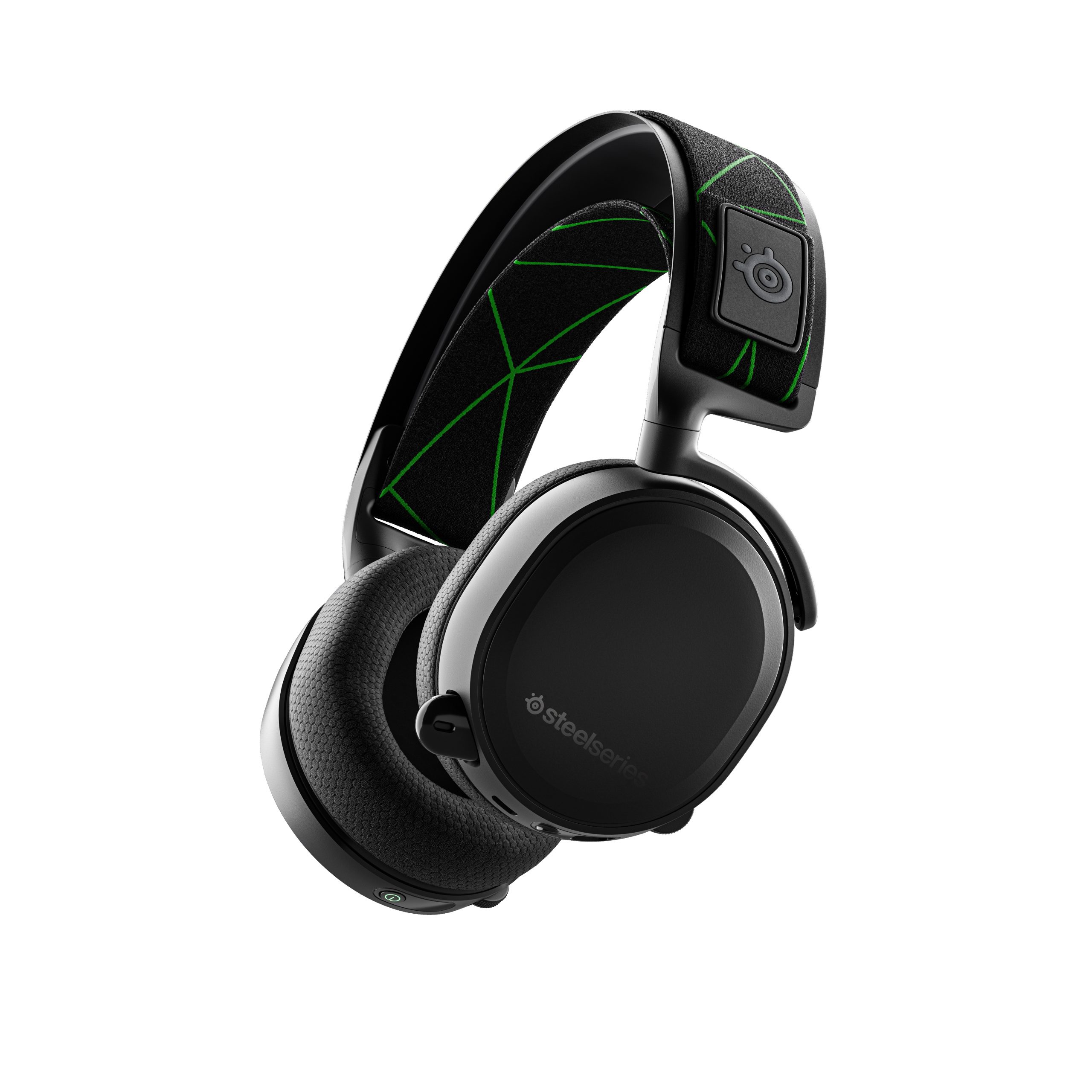
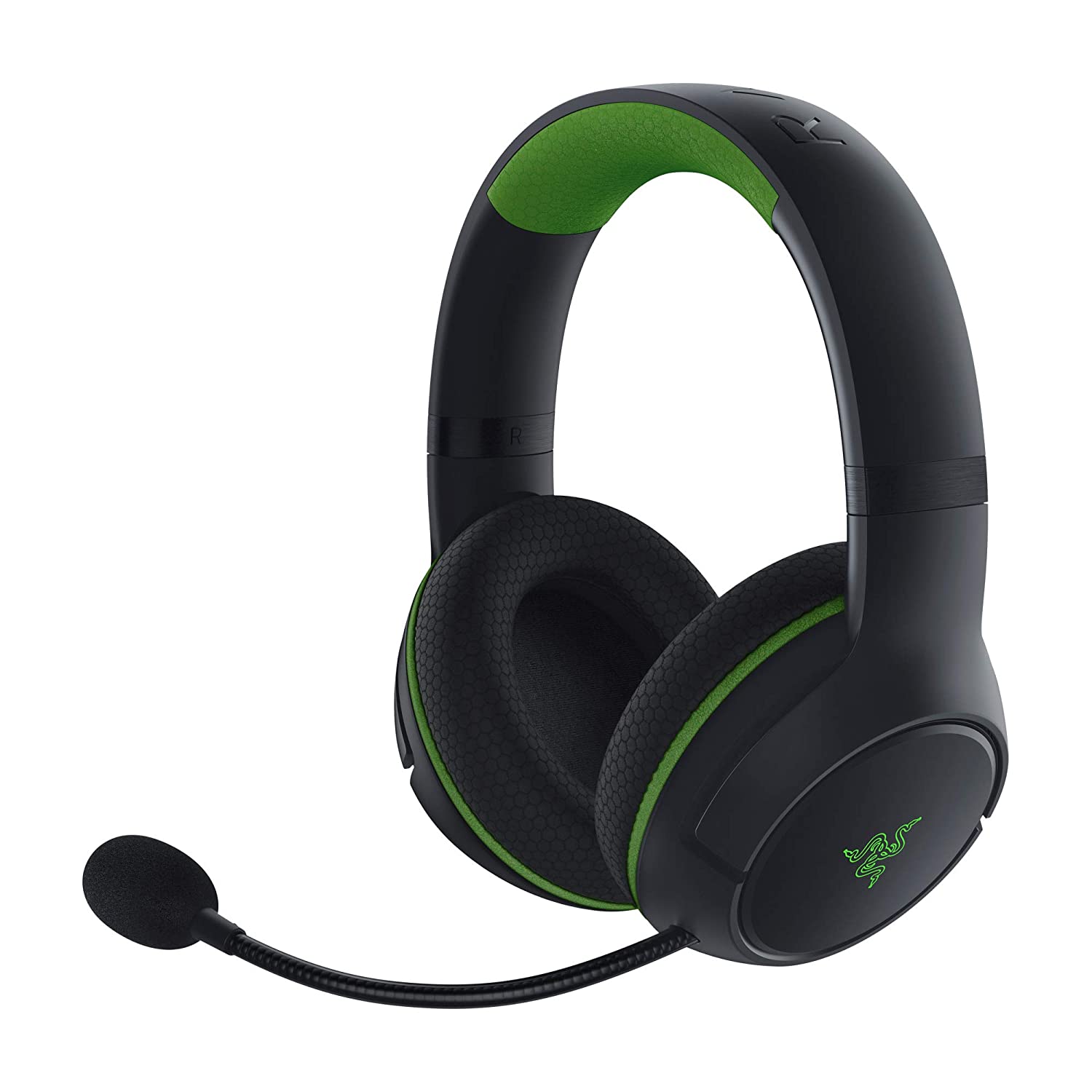
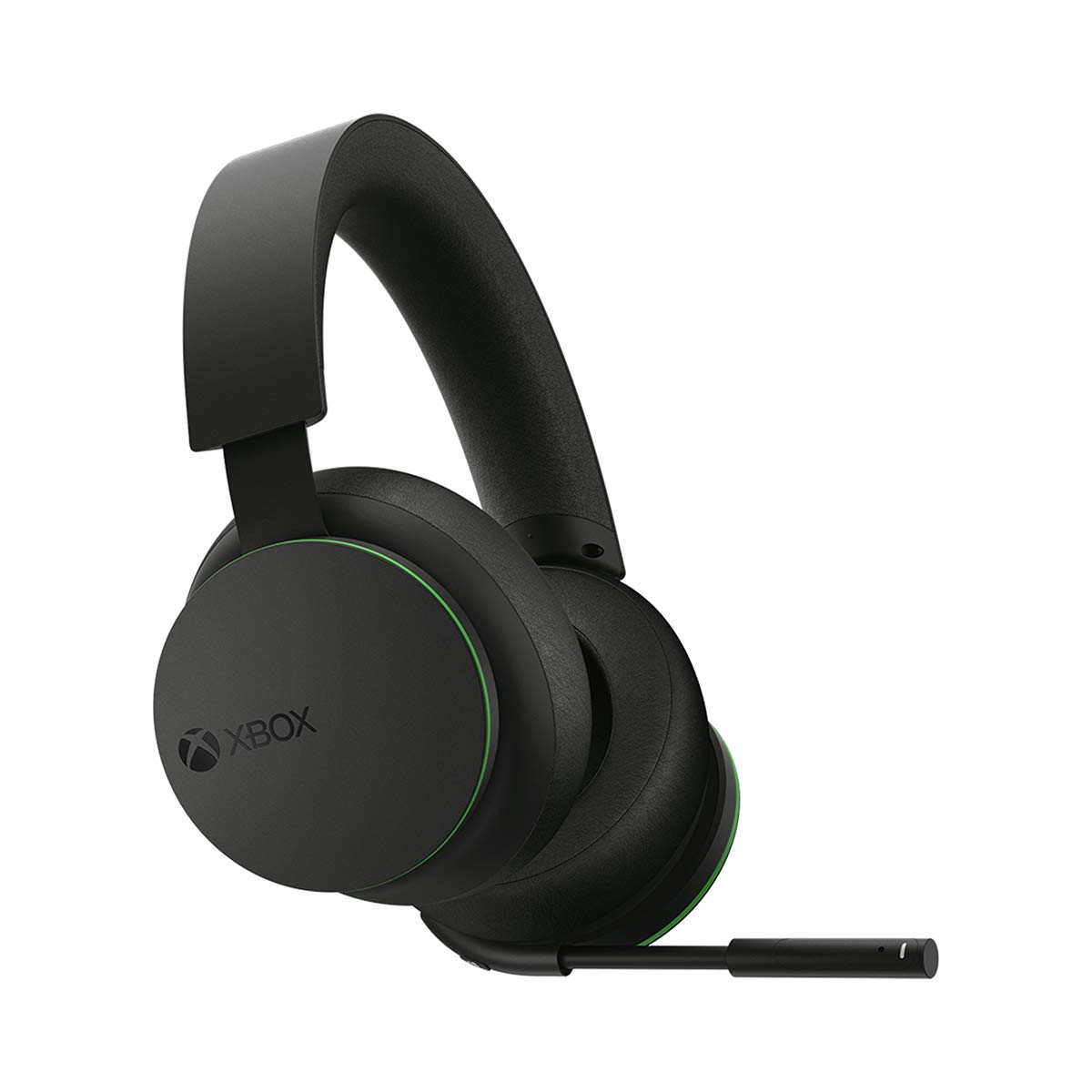
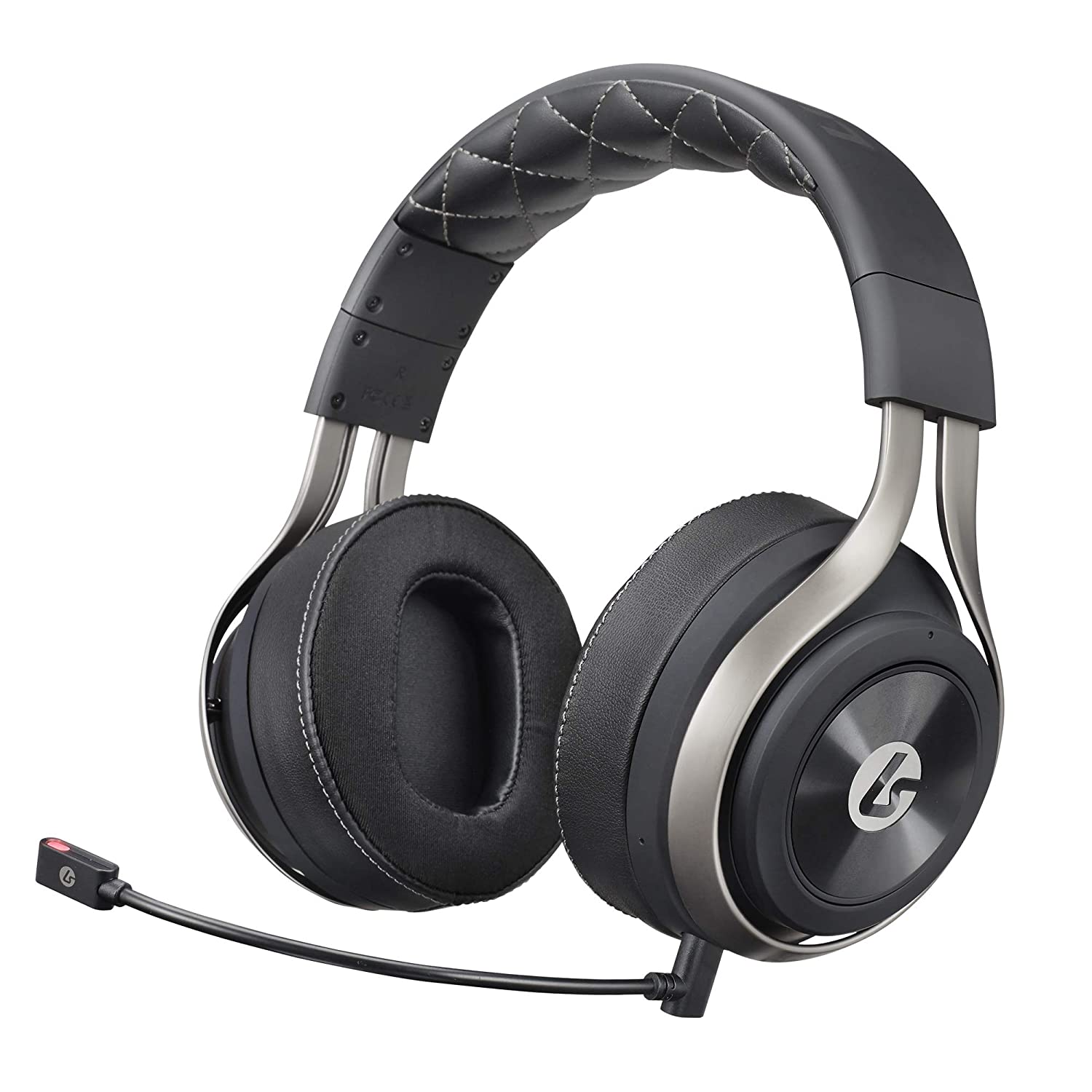
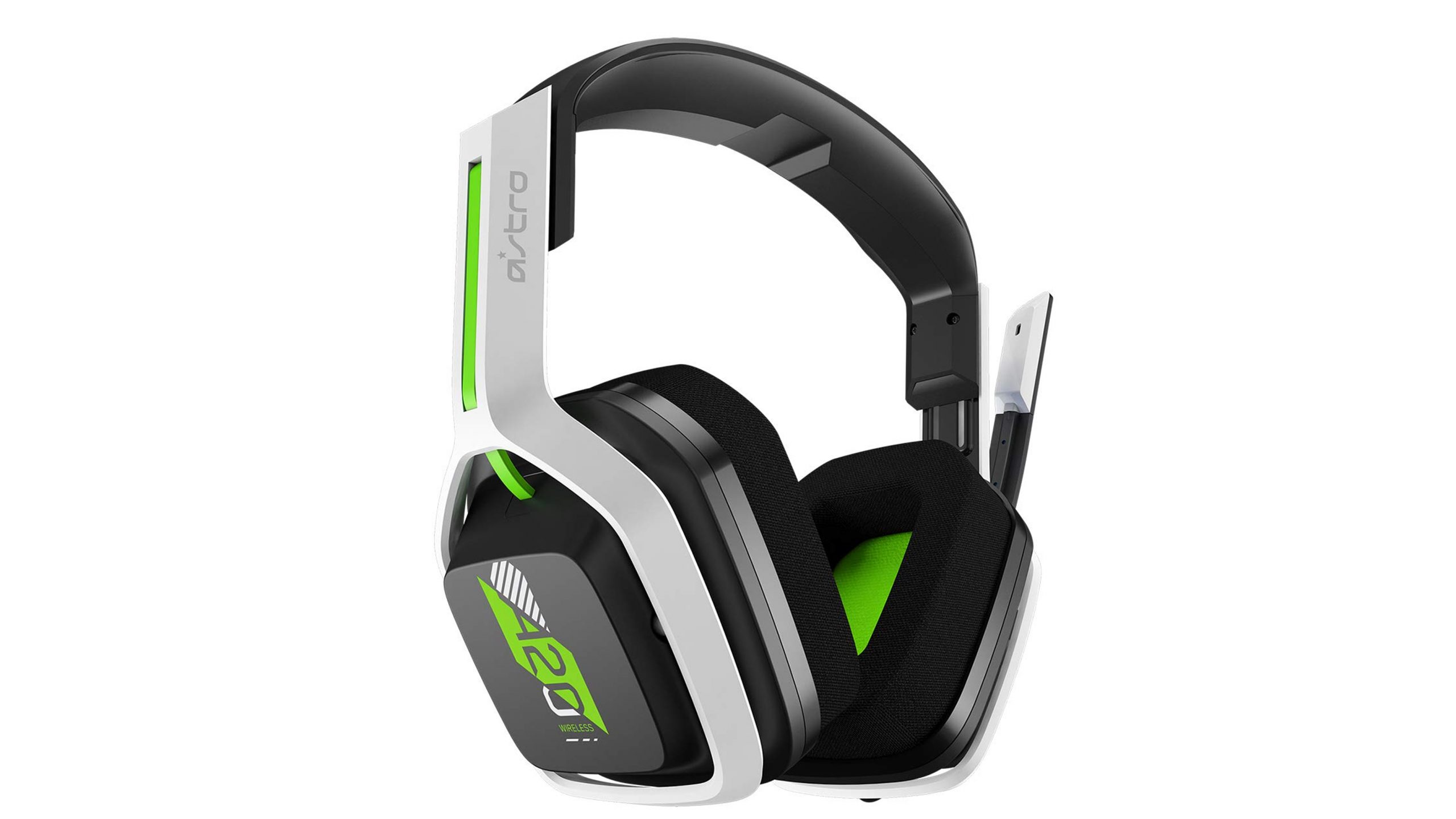
Finding the right wireless gaming headset for your Xbox Series X/S setup can be tricky—not as tricky as actually finding one of the new consoles, mind you, but tricky all the same. What works on other platforms probably won’t work here. Here are the best options we’ve run into—based on our reviews, and research around the web.
Editor’s note: this list of the best wireless Xbox Series X/S gaming headsets was updated on May 10, 2022, to expand the Buying guide, include a disclosure box regarding old test data, and to include the Astro A20 on the list.
Why is the SteelSeries Arctis 7X the best wireless Xbox Series X/S gaming headset?
The higher end of the Steelseries Arctis line has been home to some of the most comfortable gaming headsets on the market for years, and that remains true with the company’s next-gen refresh of the Arctis 7. The SteelSeries Arctis 7X is a rarity among recent wireless Xbox Series X/S gaming headsets, in that it doesn’t actually use Xbox Wireless for its connection.
Much like the PlayStation 5 variant of the same headset, this gaming headset uses a USB-C dongle to connect wirelessly to your console. While going back to using a dongle may not immediately seem like a positive thing, it opens up a much wider range of compatibility. This is one of the only wireless Xbox gaming headsets to come out in years to support connection to not only Xbox and PC, but also Nintendo Switch and Android smartphones (provided they have a USB-C port). The headset comes with a USB-A adapter, so it’s compatible with the Switch whether it’s docked or undocked.
On top of such wide compatibility, the SteelSeries Arctis 7X brings fantastic battery life—the identical PlayStation 5 version clocked in at over 27 hours of playback on a single charge. The headset also brings accurate audio, and a clear and loud microphone, though people with deeper voices may find they come through a little distorted.
The Razer Kaira Wireless brings high performance for a low budget
One of Razer’s newest gaming headsets, the Kaira Wireless is the cheaper of two Kaira gaming headsets (alongside the Kaira Pro). While the Kaira Pro brings Bluetooth support, it’s still pretty much a single platform gaming headset, especially given its poor PC compatibility. The Razer Kaira Wireless is similarly limited, but it’s also a cheaper, more focused device.
For $99 USD, you get a wireless gaming headset that connects to your Xbox Series X/S using Xbox Wireless and brings more than 21 hours of battery life, accurate audio, and a great-sounding microphone. There’s not much more to it than that—the Razer Kaira Wireless is a comfortable, straightforward gaming headset, and it won’t break the bank if you’re staring down the barrel of multiple headset purchases for different platforms.
The Xbox Wireless Headset supports Bluetooth connectivity, too
Not to be confused with any other headset that uses the Xbox Wireless connection standard, Microsoft’s Xbox Wireless Headset is the official gaming headset for the Xbox Series X/S.
Normally, we’re pretty hesitant to recommend the official offering of any given platform because, well… they often suck—Sony is among the best at making headphones, not so much when it comes to making gaming headsets, for instance. However, it’s clear here that Microsoft made an effort to improve on the most consistent shortcomings of wireless headsets for the Xbox: PC compatibility.
The Xbox Wireless Headset still depends on a USB dongle sold separately to connect to most PCs (unless they have Xbox Wireless built-in, which happens). However, it now comes with an app that lets you change the headset’s EQ settings, turn mic monitoring on, and get an accurate battery reading. It may not sound like a lot, but it’s more than just about every other gaming headset for Xbox Series X/S does.
The headset itself is also not a bad performer. It boosts bass pretty dramatically, but otherwise sounds pretty accurate, plus it’s got decent battery life and pretty nice microphone.
The LucidSound LS50X brings some premium features along with it
The LucidSound LS50X bucks the trend of simplifying gaming headsets for the new generation of consoles, packing a number of desirable features. On top of a comfortable build, solid audio, and an accurate microphone, the headset brings Bluetooth compatibility and support for Dolby Atmos for Headphones.
The LS50X isn’t cheap, but it has a lot to offer. The headset supports connections over a USB dongle, as well as Bluetooth using the SBC and AAC codecs. It also offers just shy of 27 hours of playback on a single charge. As we mentioned above, Dolby Atmos for Headphones is a free app you can download both on Windows and Xbox Series X/S, but normally you’d need to pay separately for access to the spatial audio it provides—the LucidSound LS50X comes with two years of free support, so you won’t have to worry about an extra fee for a long time.
The headset is pretty heavy, but its primarily metal construction also feels quite sturdy. Basically, it’s a solid premium option that manages to neatly execute on most of the features you’d want in a gaming headset.
If you own a PlayStation 5, get the Astro A20 (Gen 2)
Astro is a world-renowned gaming company and the A20 (Gen 2) headset from Astro makes this list for its expandable cross-platform compatibility. When you buy the Xbox version of the A20 (Gen 2), you get a 2.4GHz wireless dongle that supports the Xbox Wireless connection. This means the A20 (Gen 2) will work very well on Xbox consoles, and well enough on PC, which is great for gamers who only use those two platforms. If you’re willing to pony up for an extra $20 USD for a PlayStation-specific adapter, you can use the headset with a PlayStation 5 and presumably a Nintendo Switch too.
This is a wireless-only headset, so you can’t plug it into your phone or PC with a standard 3.5mm connection. With that said, the A20 (Gen 2) has a good battery life of 20 hours, 33 minutes, which is five hours longer than Astro posits. When you’re in that night-long gaming session, you can use the onboard volume dial or toggle the buttons to cycle between game and chat channels (though the latter doesn’t work on PC). To mute yourself, just flip the mic up at a moment’s notice.
In game sound is very good with the Astro A20 (Gen 2), as its bass output isn’t that much louder than the mids. With a sound like this, you’ll be tuned into your virtual surroundings and able to hear more delicate sounds thanks to the treble boost.
The best wireless Xbox Series X/S gaming headsets: Notable mentions
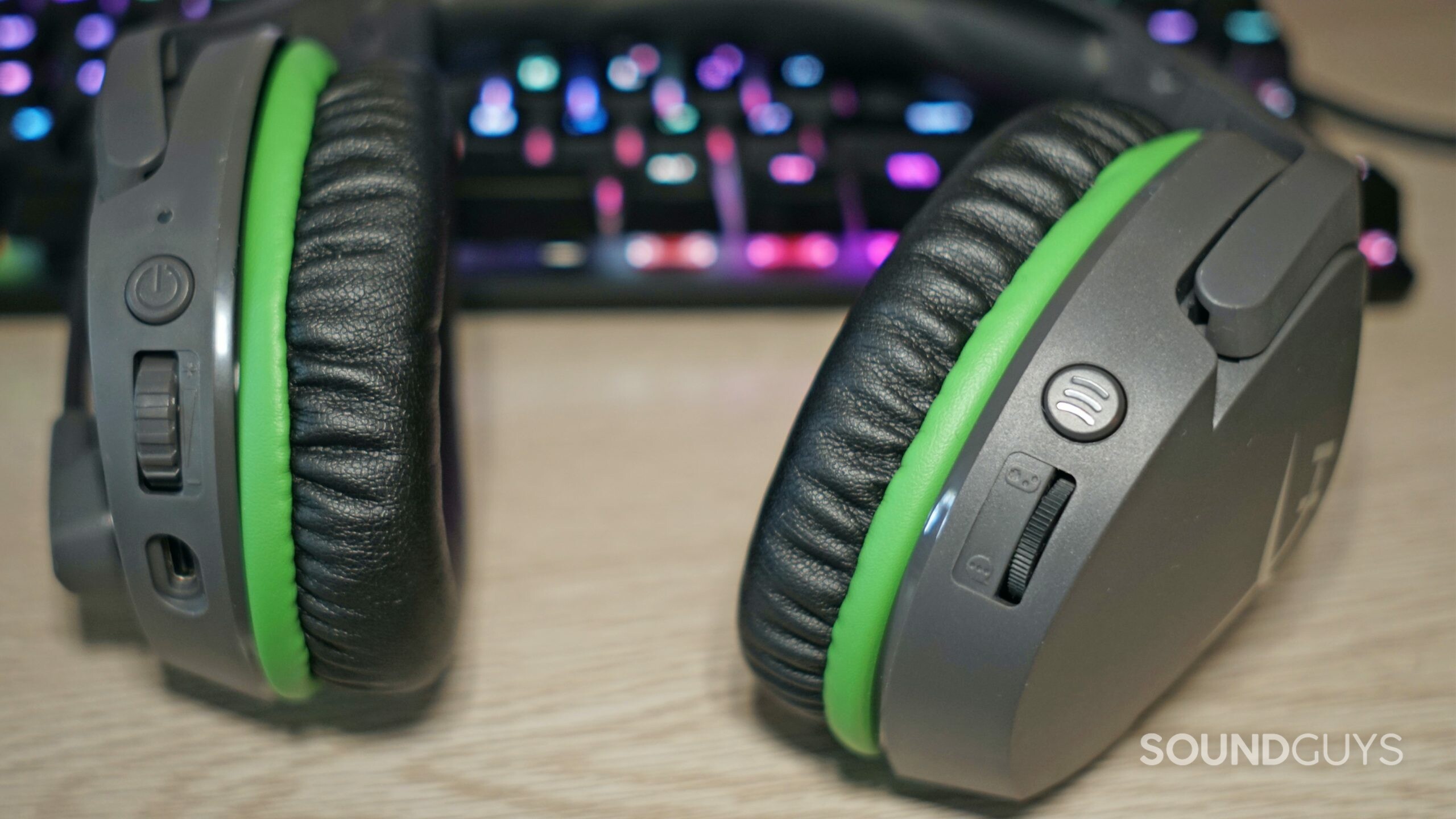
- Razer Kaira Pro: If the Kaira Wireless looked interested, and spending $50 USD more for Bluetooth is attractive, the Razer Kaira Pro is a solid option.
- HyperX CloudX Stinger Core Wireless: This stripped-back Xbox gaming headset uses Xbox Wireless to connect to your console without a dongle. It’s pretty inconvenient on other platforms, but it sounds nice, has decent battery performance, and it’s comfortable. It’s priced similarly to better all-around options, but if it’s what’s available, it’ll do just fine.
Hold up! Something’s different:
Some of our picks’ and notable mentions’ frequency response and isolation charts were measured with our old testing system. We have since purchased a Bruel & Kjaer 5128 test fixture (and the appropriate support equipment) to update our testing and data collection. It will take a while to update our backlog of old test results, but we will update this article (and many others!) once we’re able with improved sound quality measurements and isolation performance plots. These will be made obvious with our new chart aesthetic (black background instead of white).
Thank you for bearing with us, and we hope to see you again once we’ve sorted everything out.
What you should know about Xbox Series X/S headsets
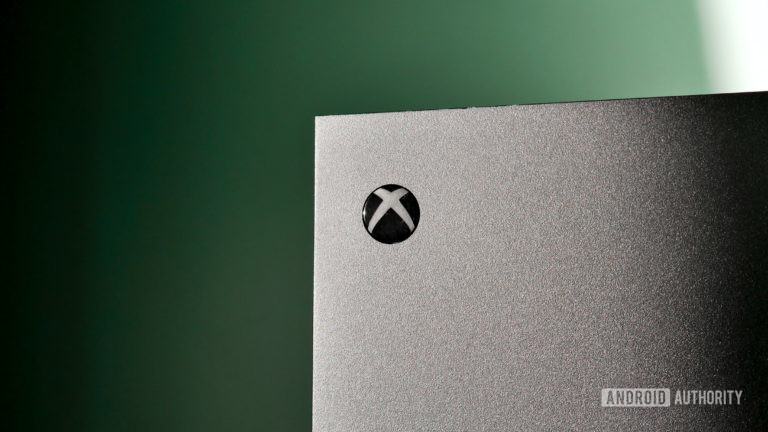
If you’re upgrading from the Xbox One, the first thing you should know is that the Xbox Series X and Xbox Series S have identical audio capabilities to the Xbox One. The new consoles support wireless audio connections over Xbox Wireless and the occasional USB dongle, but if a headset connects with anything other than the 3.5mm jack on the controller, it needs to be made exclusively for this console (PC compatibility is okay, though). Just like before, this means multi-console gamers will have to have separate gaming headsets: one for their Xbox, and one for everything else.
Does the Xbox Series X/S have 3D sound?
The Xbox Series X/S doesn’t have a brand new audio processor like the PlayStation 5, but it supports three different virtual surround sound options. Windows Sonic is the default spatial audio standard for all Microsoft platforms, including Windows, and it works with any stereo headset, whether you’re connected over Xbox Wireless or 3.5mm. Additionally, the Xbox Series X/S allows you to download apps for DTS Headphone: X and Dolby Atmos for Headphones, two premium spatial audio standards made by third parties. Both these standards can work with compatible headsets, but they’ll require a separate subscription if your new headset doesn’t grant access for a period of time.
Why should you get a gaming headset?
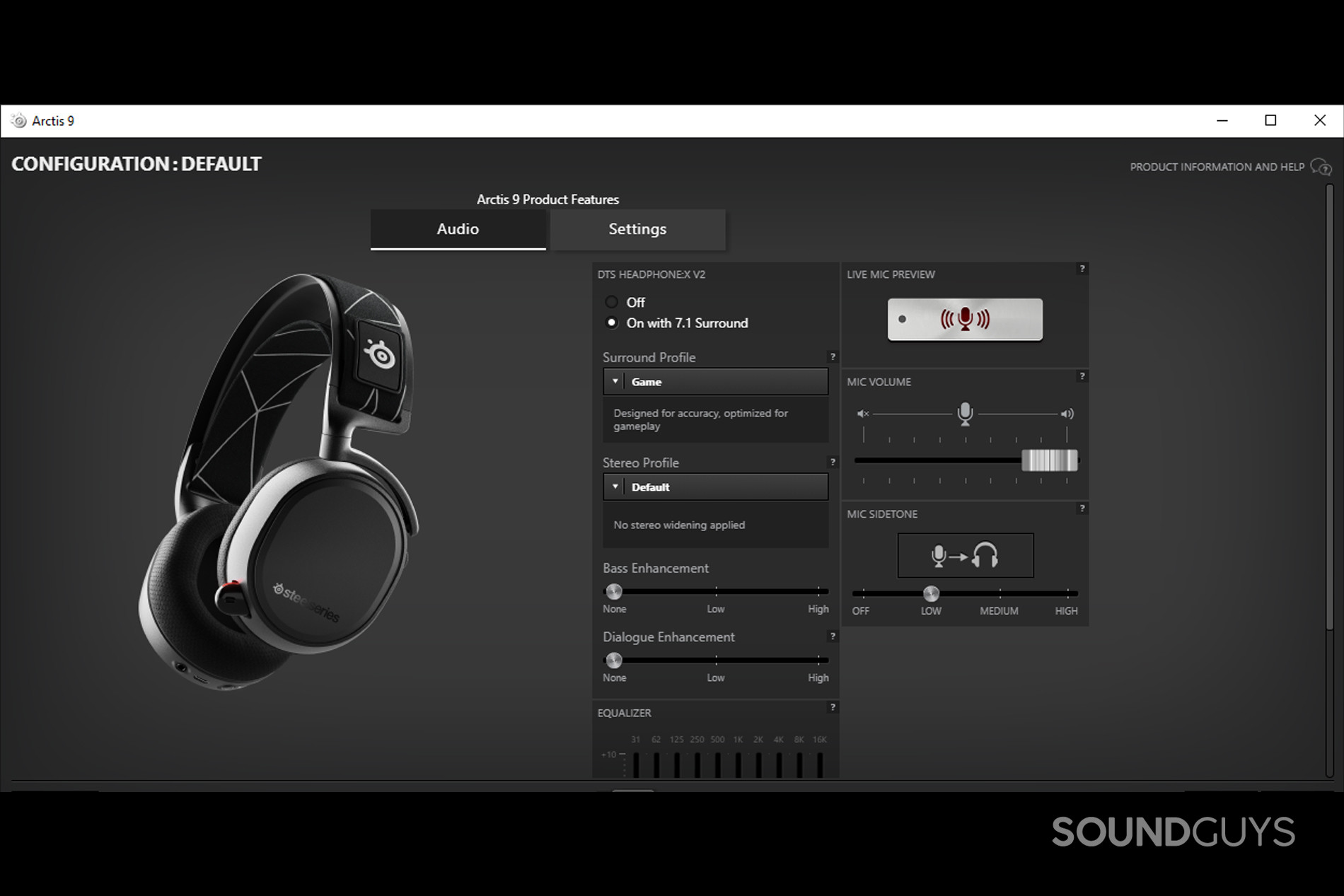
Gaming headsets have certain benefits over standard headphones that you could just use for gaming. With gaming headphones, you often get unique controls like built-in mute function or the ability to adjust a game/chat mix. Unlike standard wired headphones or Blueototh headphones that you could conceivably use for gaming, many gaming headsets come with dedicated apps. While some gaming headset apps don’t offer a ton of useful features beyond adjusting the RGB hues, others give you granular control over the EQ or allow you to change how the microphone sounds.
If you’re strapped for cash, you can absolutely skate by with a good pair of headphones and connect it to your PC or console controller, but if you can swing it and want all the extra features, we think there are plenty of gaming headsets worth your time.
Why you should trust SoundGuys
Like all of our best lists and reviews, none of our writers benefit from championing one product over another. We adhere to a strict ethics policy. If we award something, it’s because it’s a good product—simple as that. We subject each product that comes our way to a battery of tests that are appropriate for its specific category.

The gaming headset space, much like many other parts of the audio industry, is rife with exaggerated language and gimmicky features that often don’t add much of anything to your experience. It’s easy to get caught up in the flashy lights and promises of immersive audio and bass so intense it’ll rupture your eardrums (in a good way, somehow), but most of that stuff flat out doesn’t matter. That’s why we review headsets, and why we have lists like this.
When it comes down to it, we don’t just review gaming headsets because I’m passionate about good audio. Most of what I do here at SoundGuys focuses on gaming content, and that’s because I’ve been a gamer my whole life. You name it, I’ve probably played it. I know what kind of audio features are important for different kinds of games, and maybe more importantly: which ones aren’t.
Frequently asked questions about the best wireless Xbox Series X/S gaming headsets
Thank you for being part of our community. Read our Comment Policy before posting.
